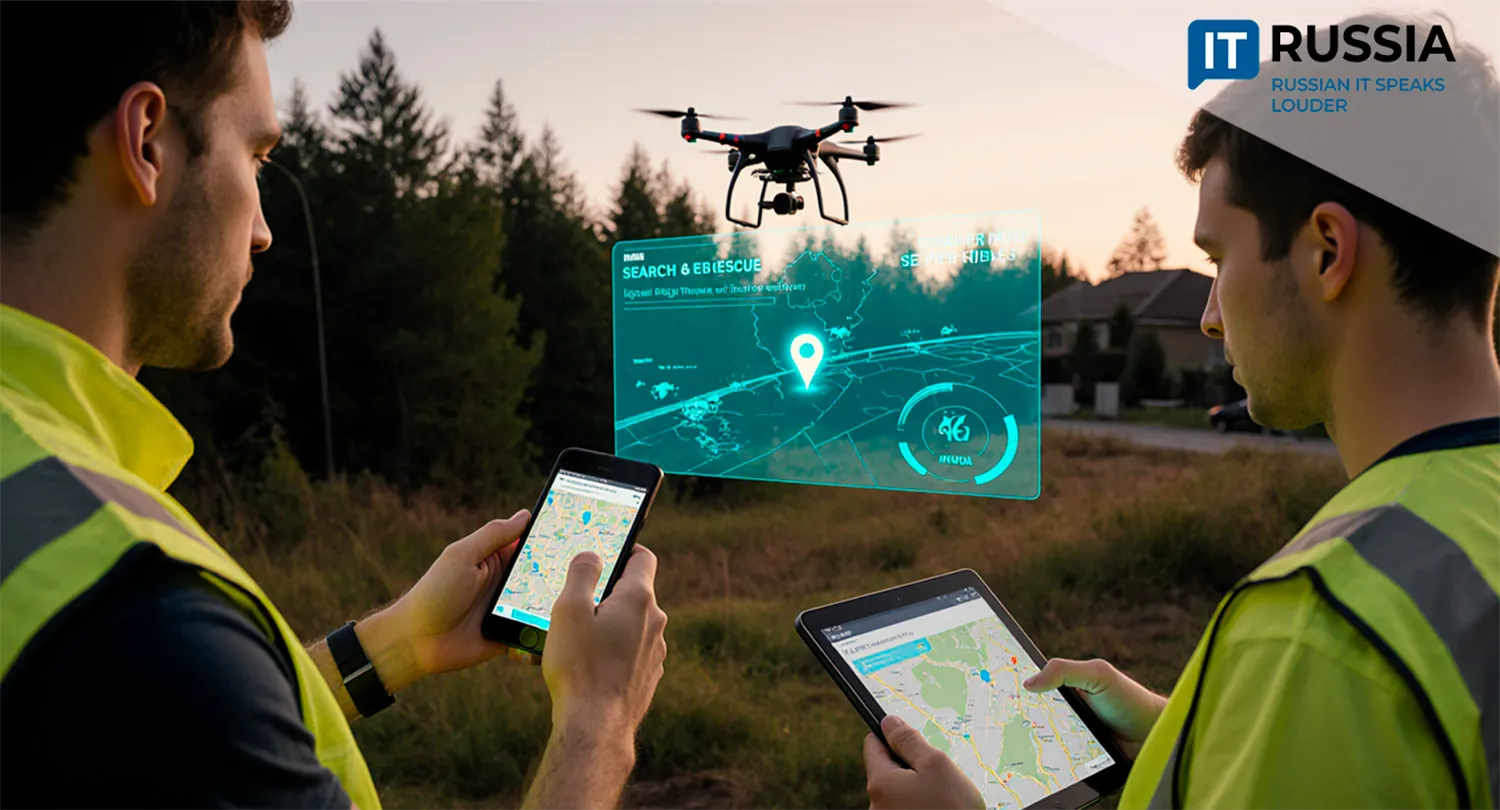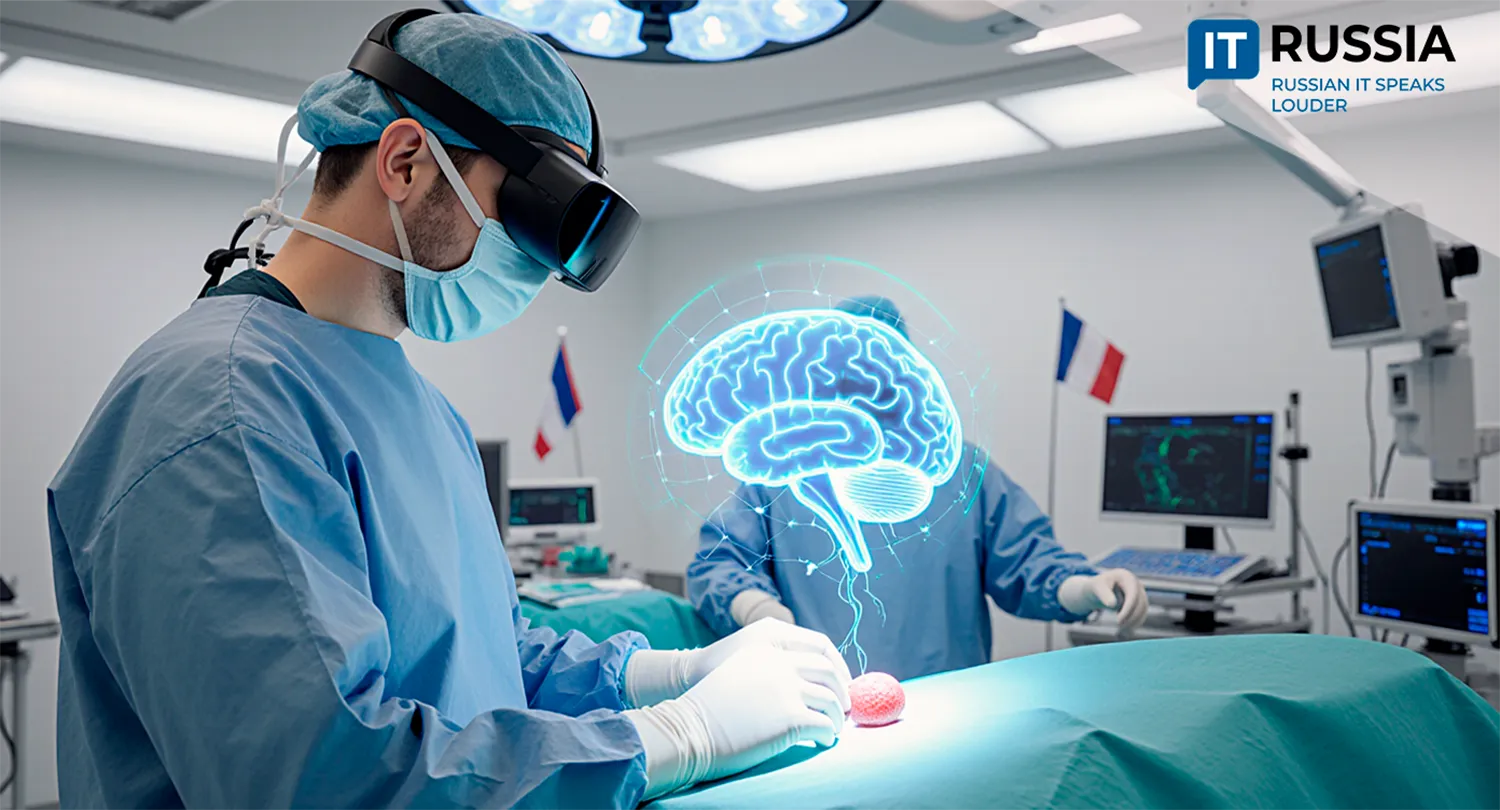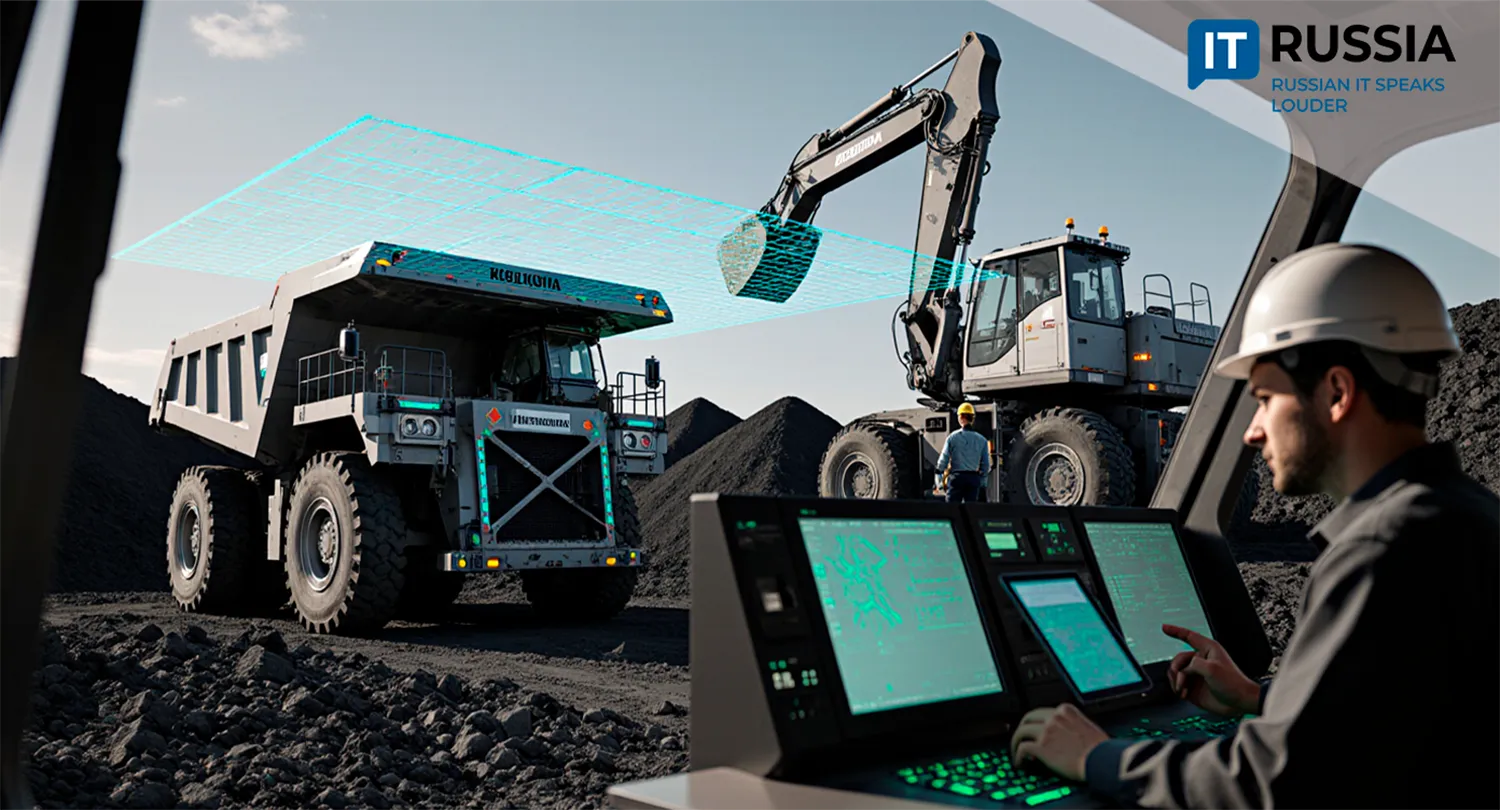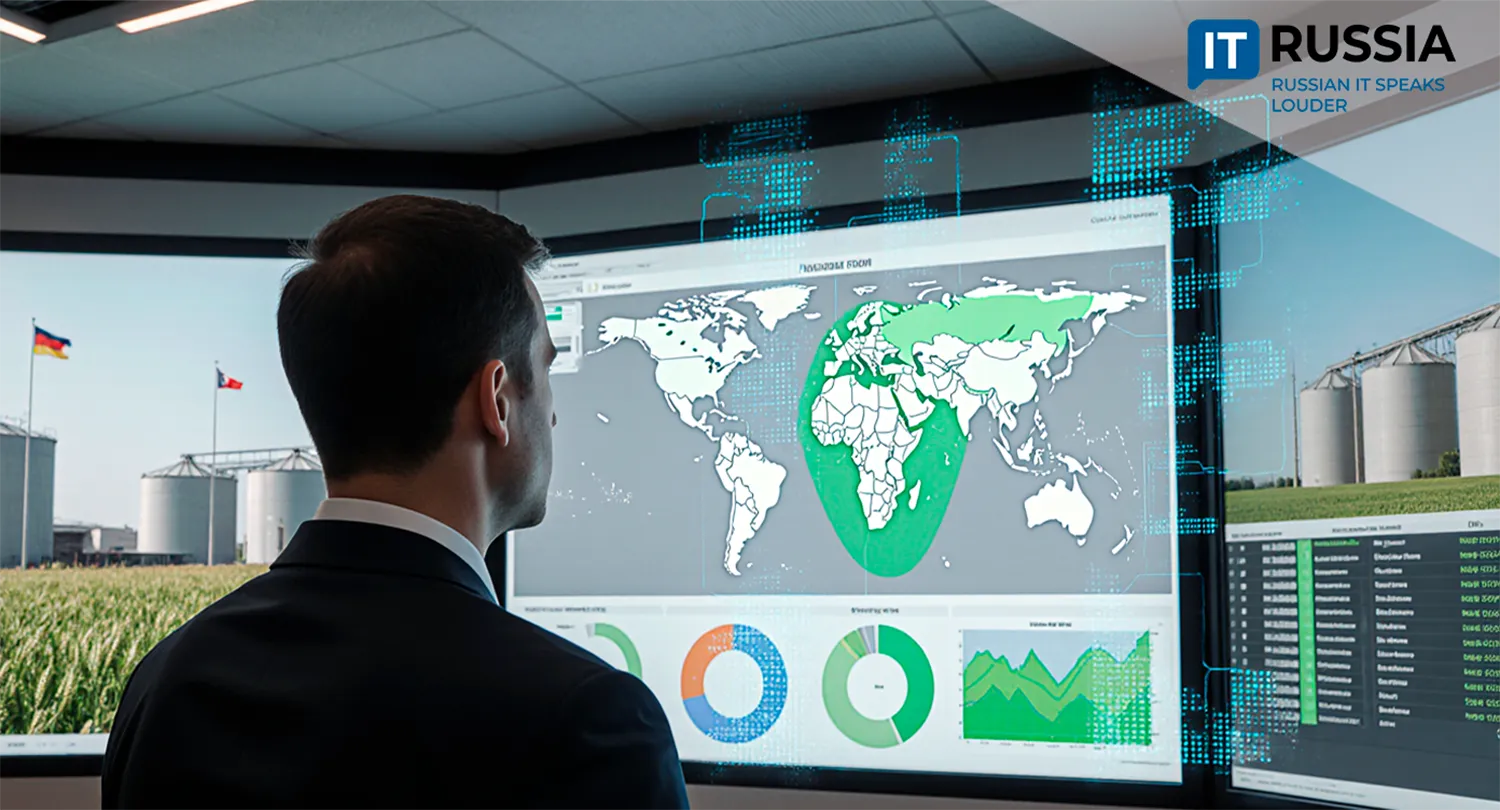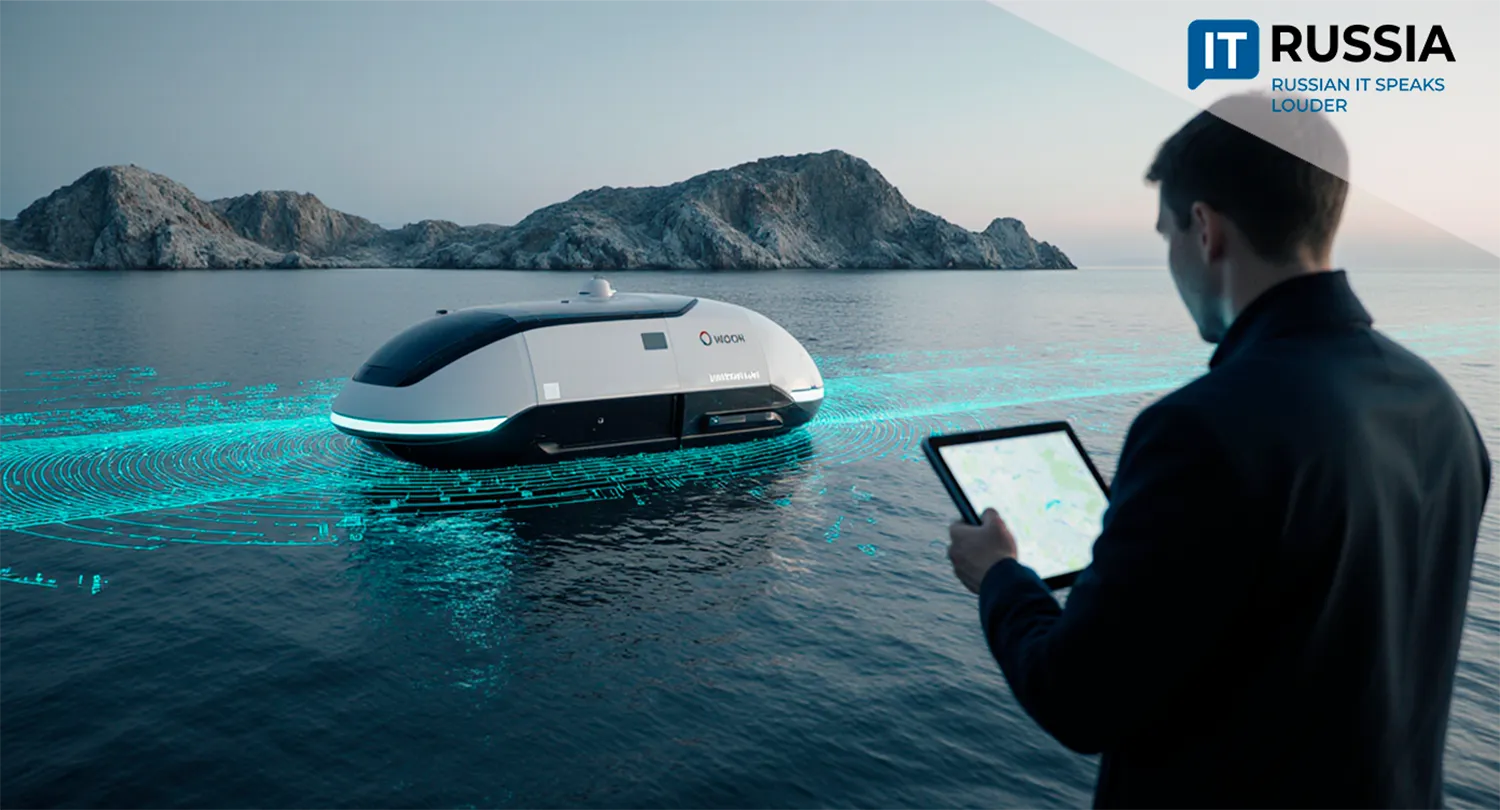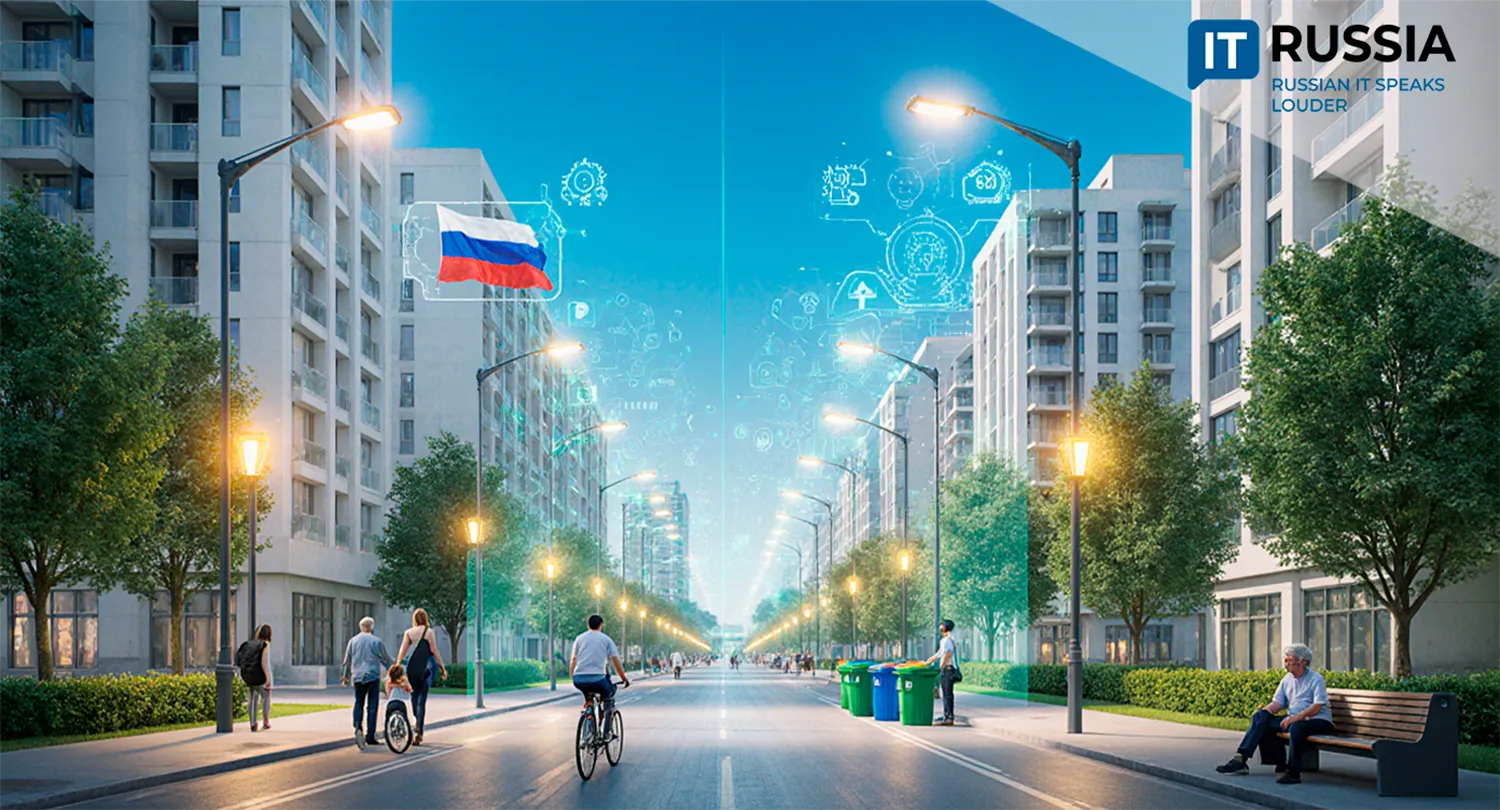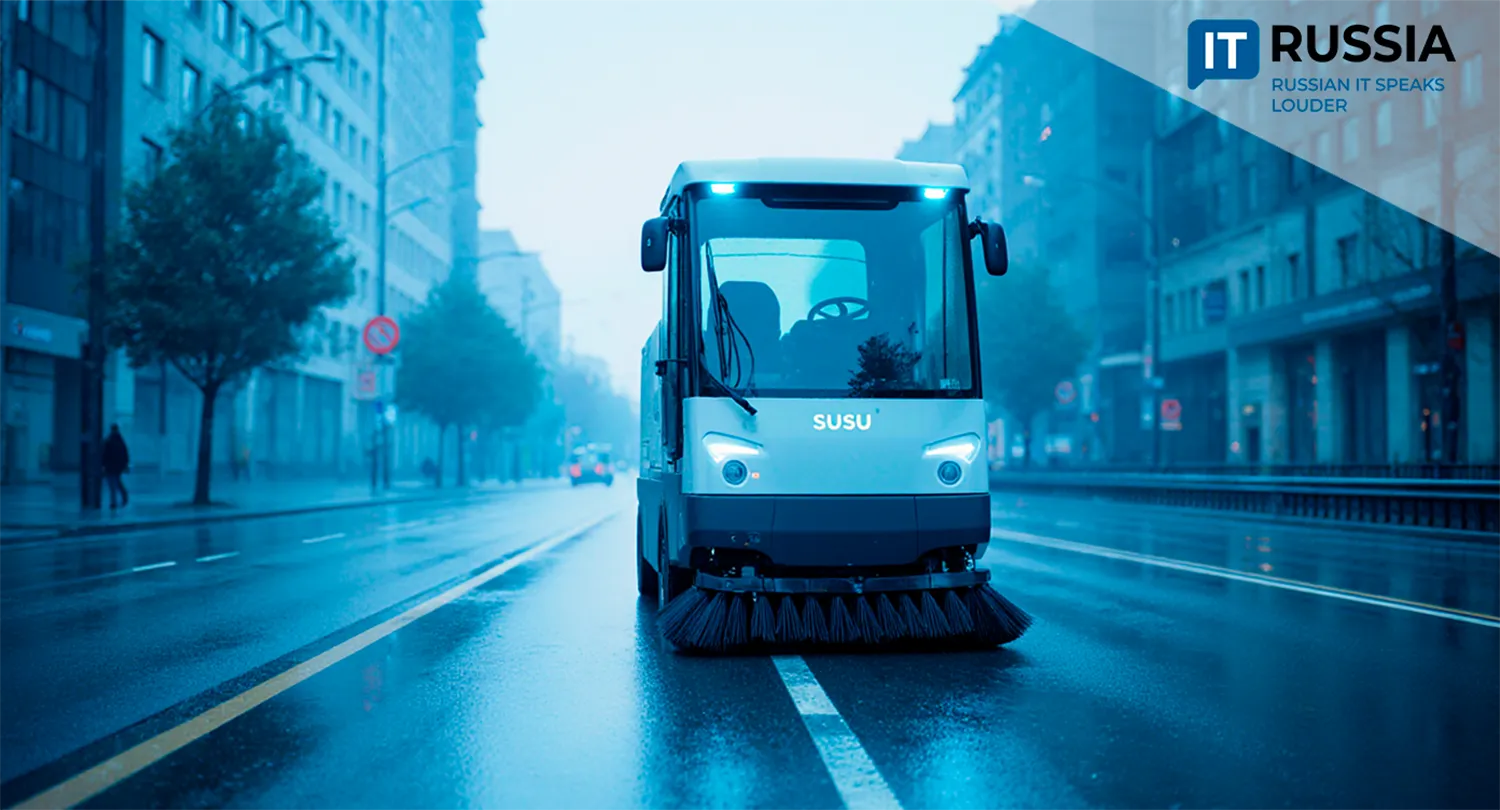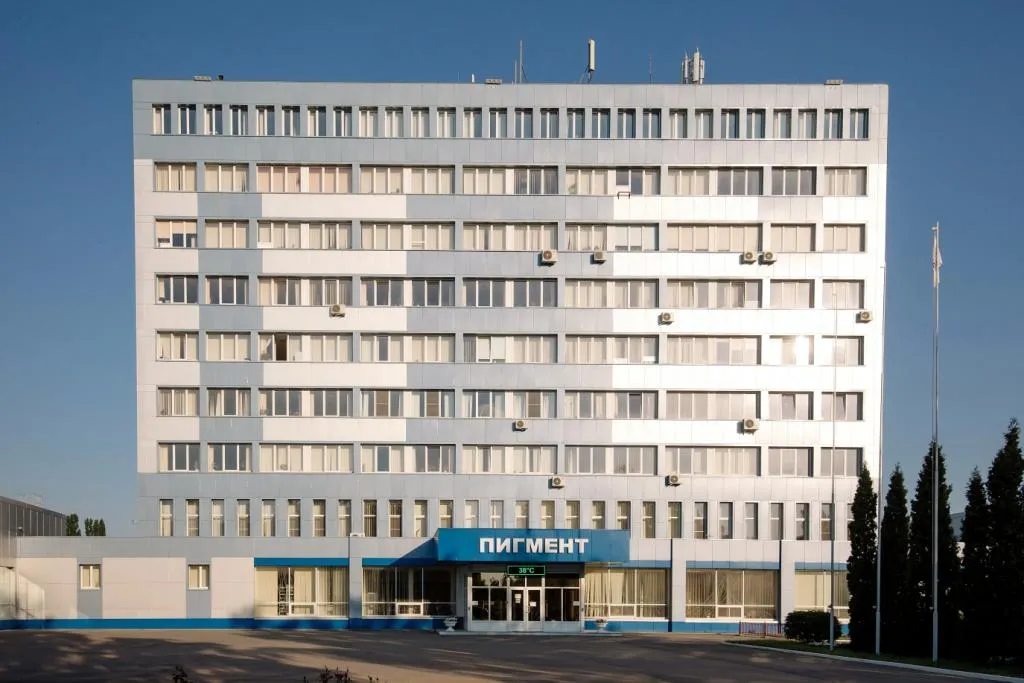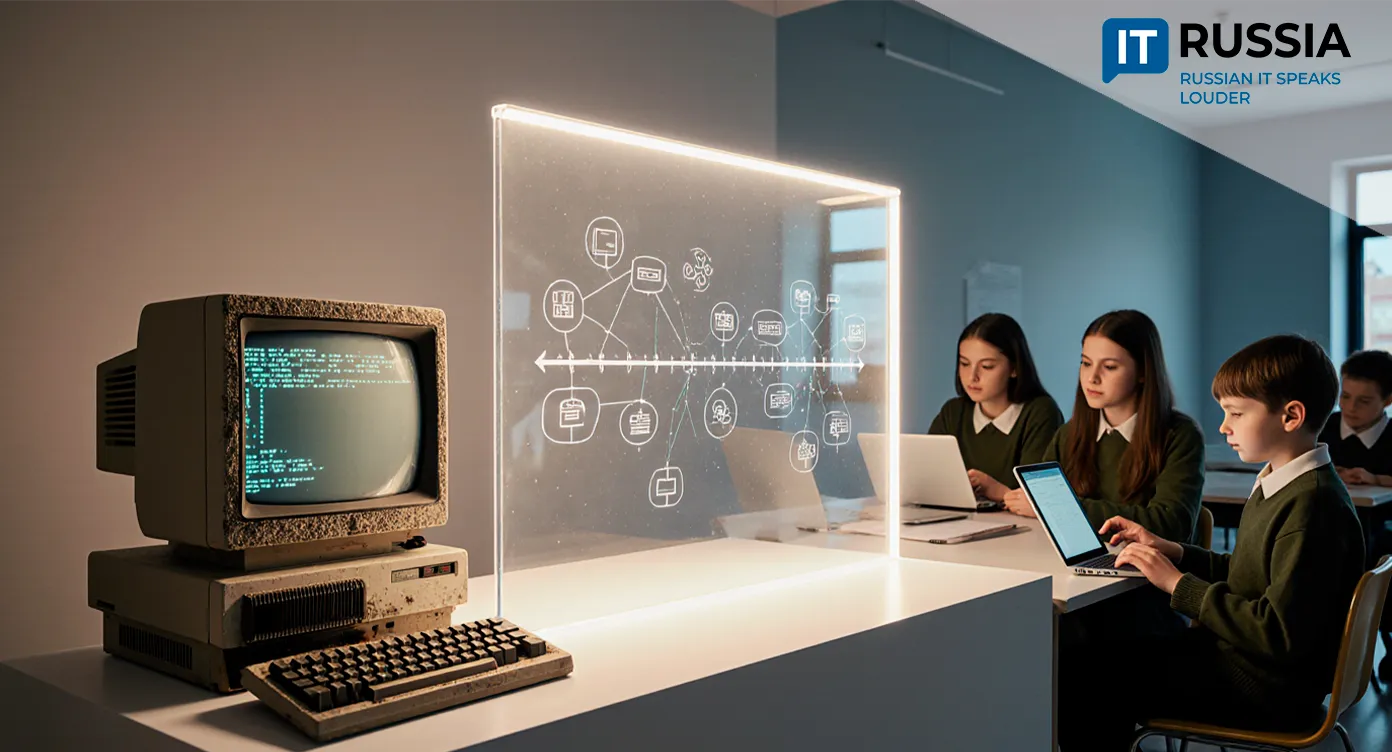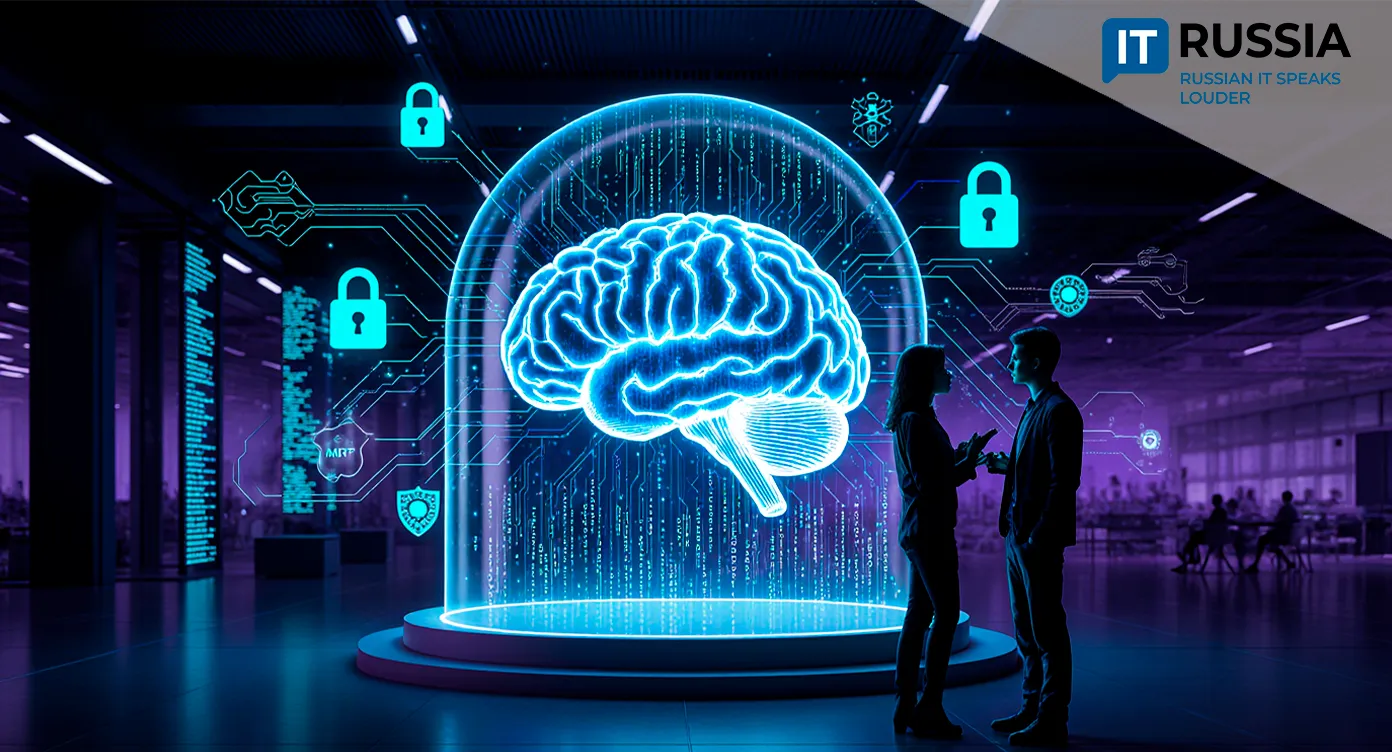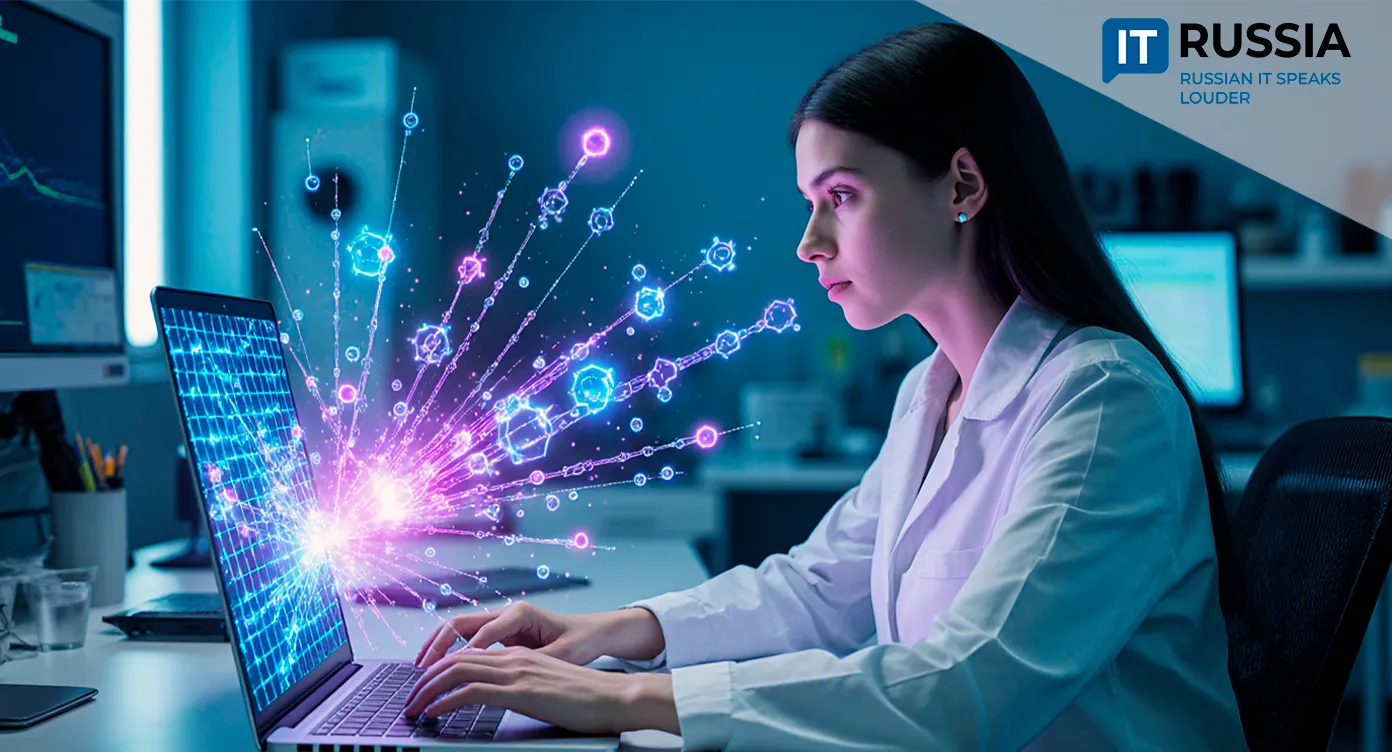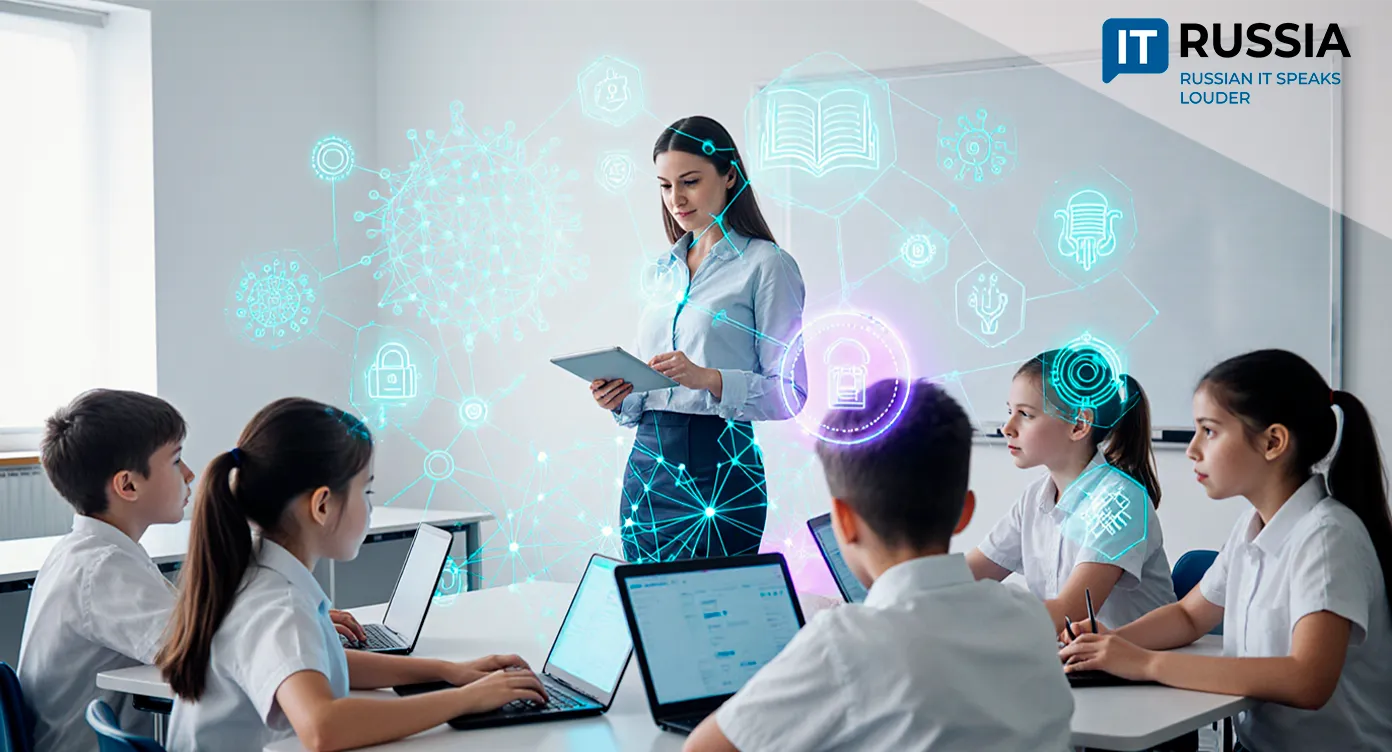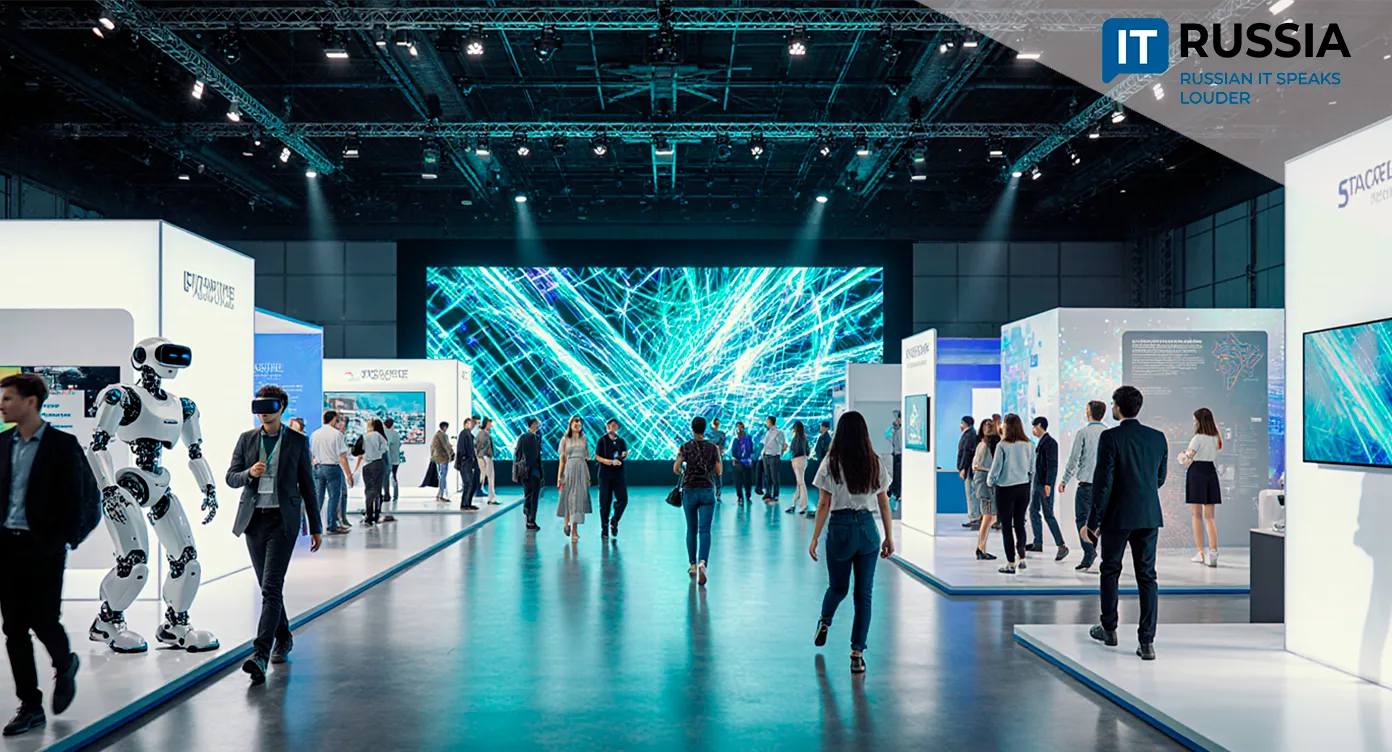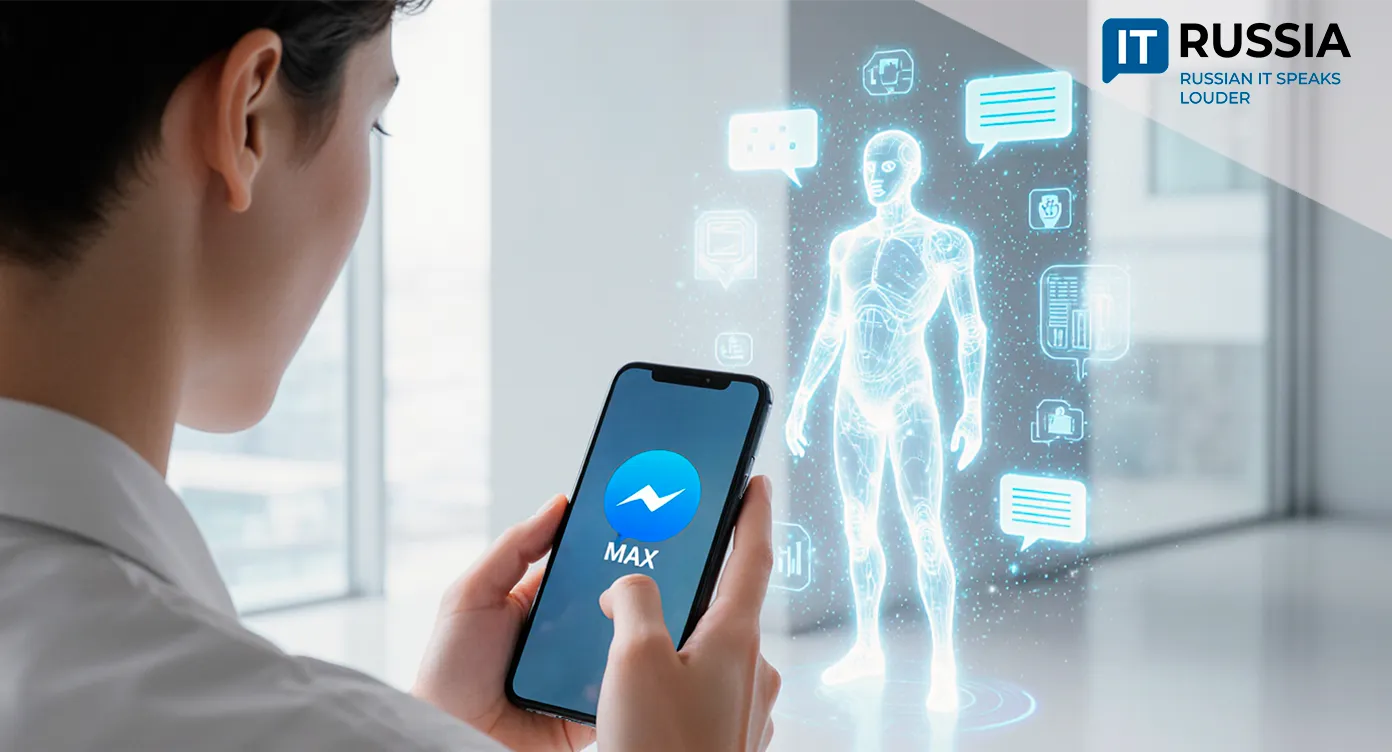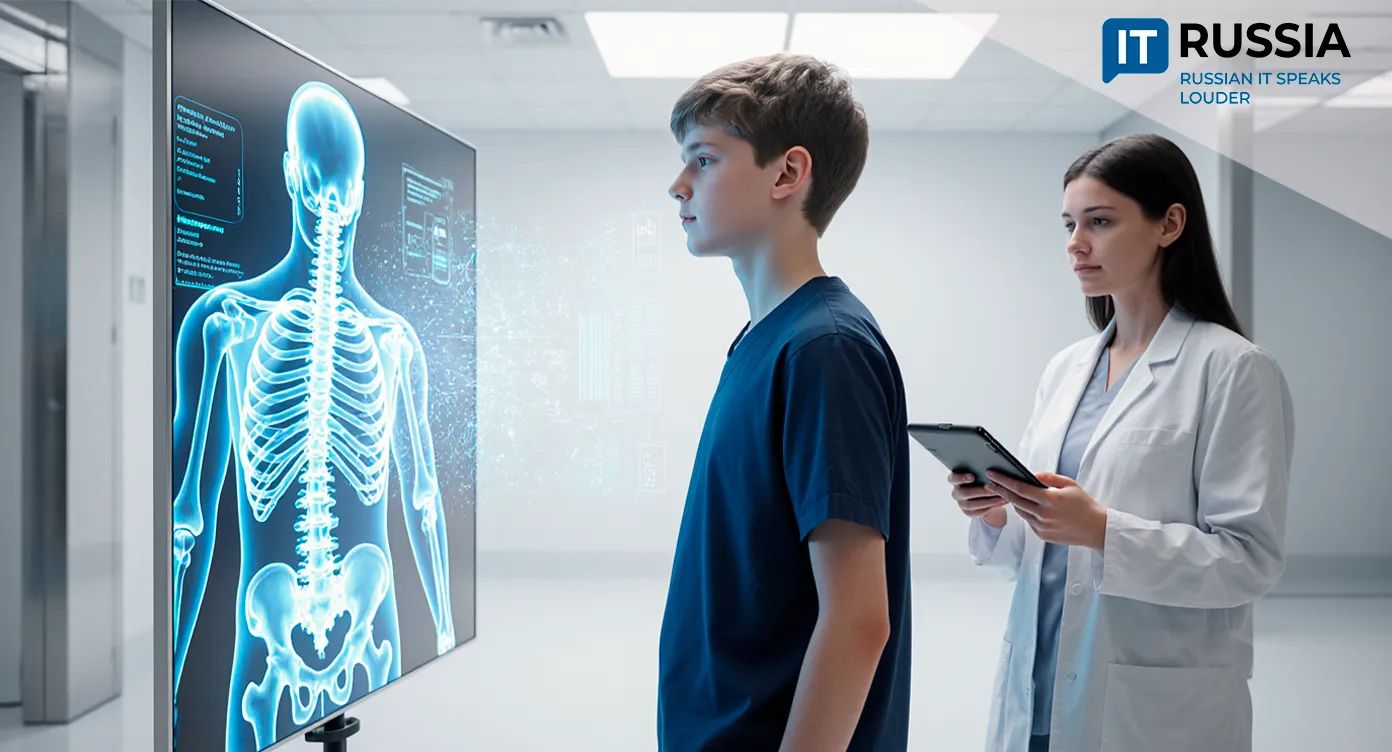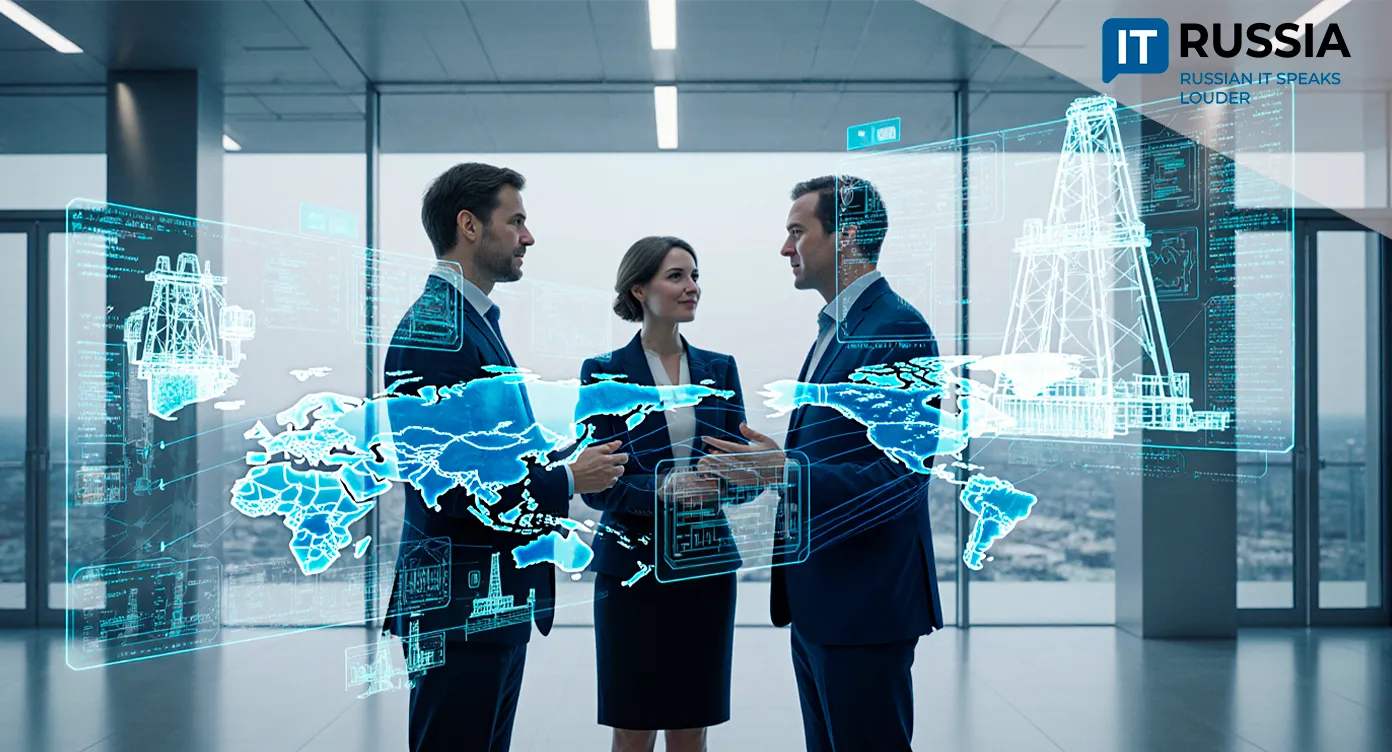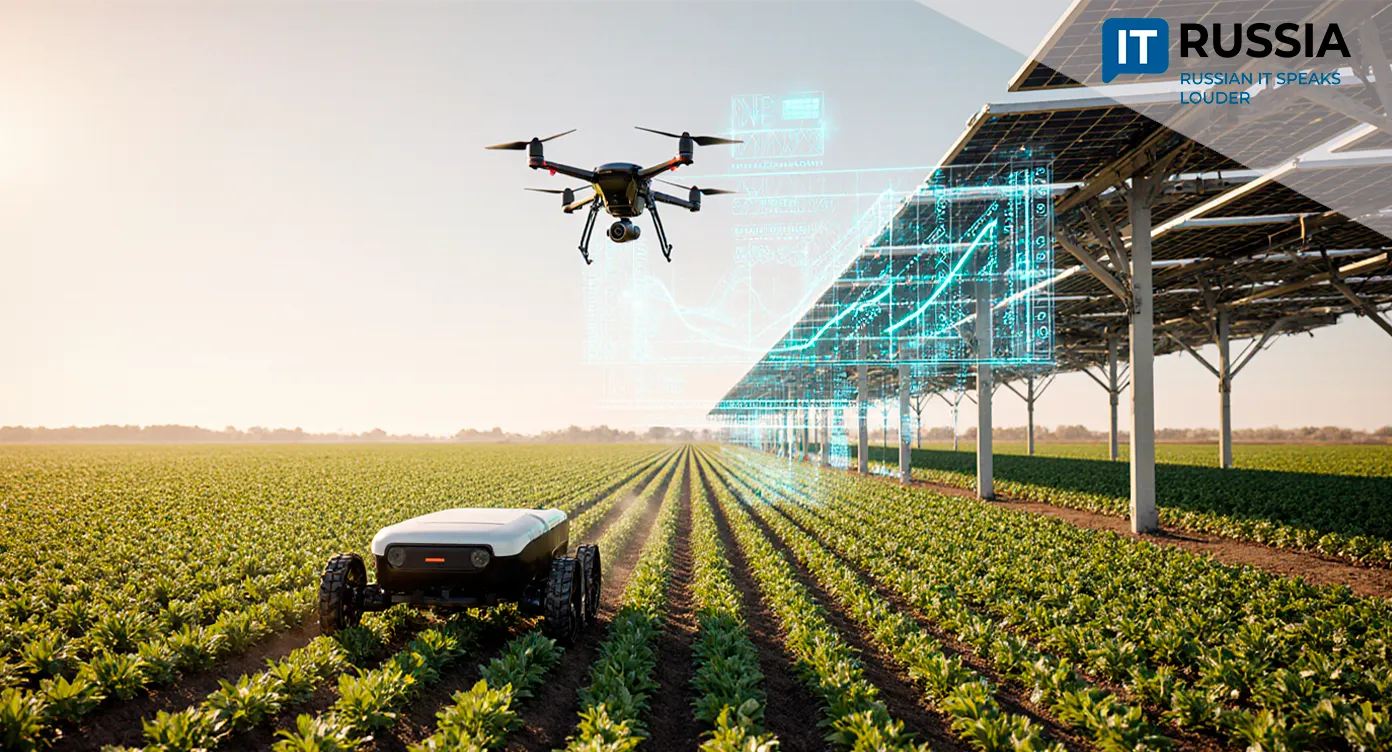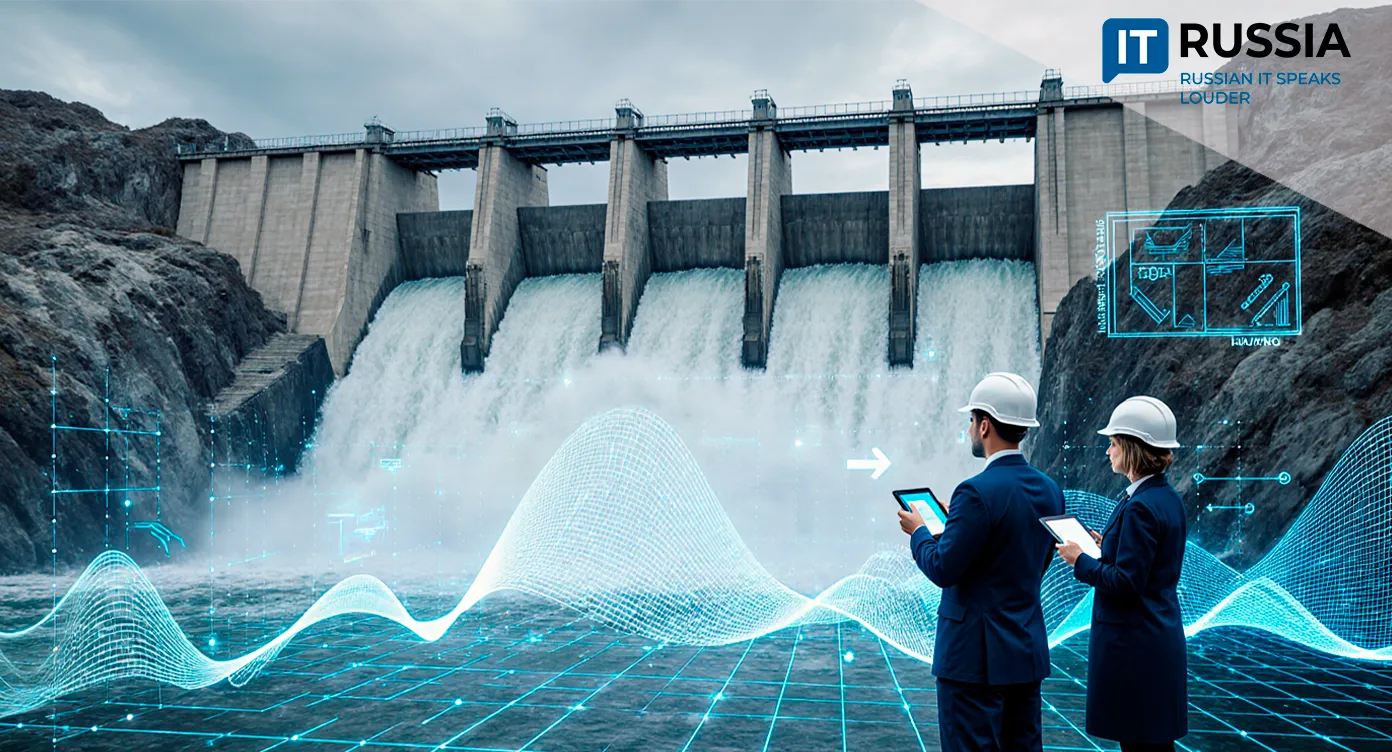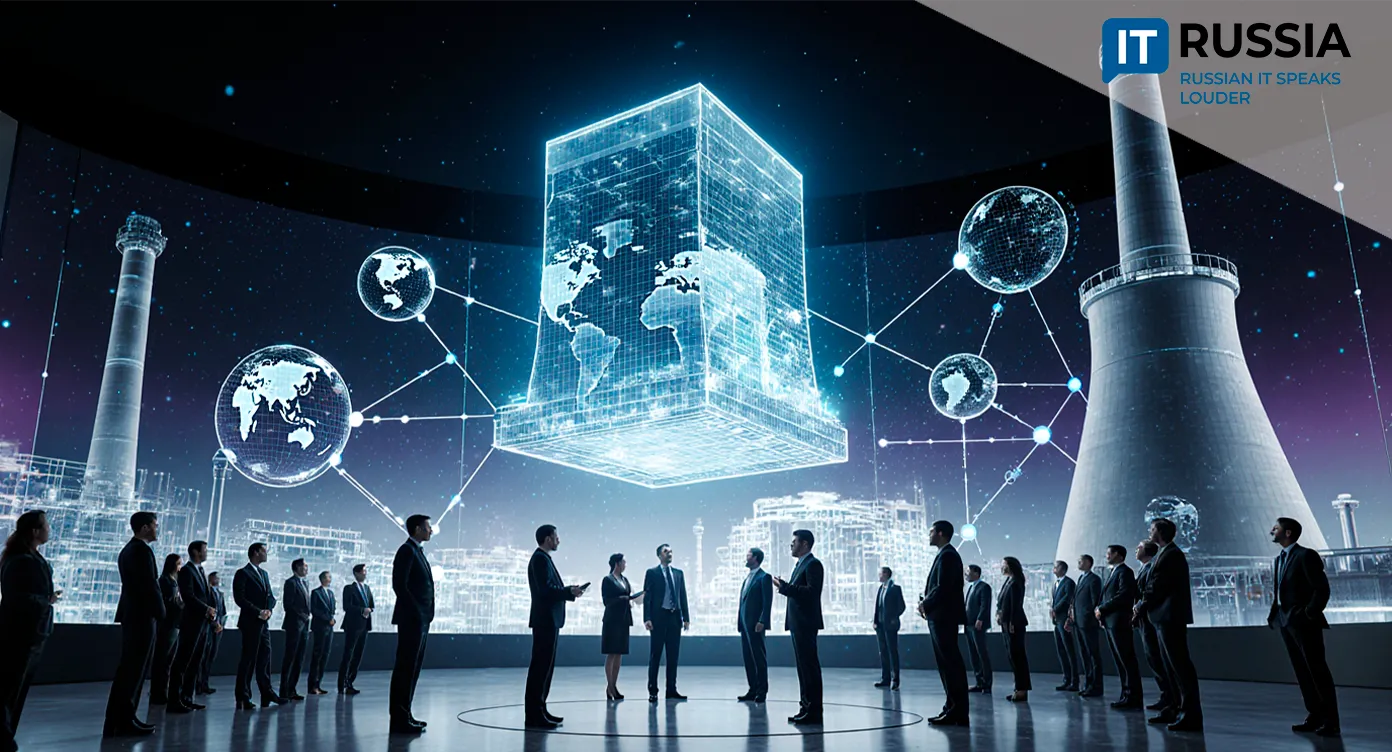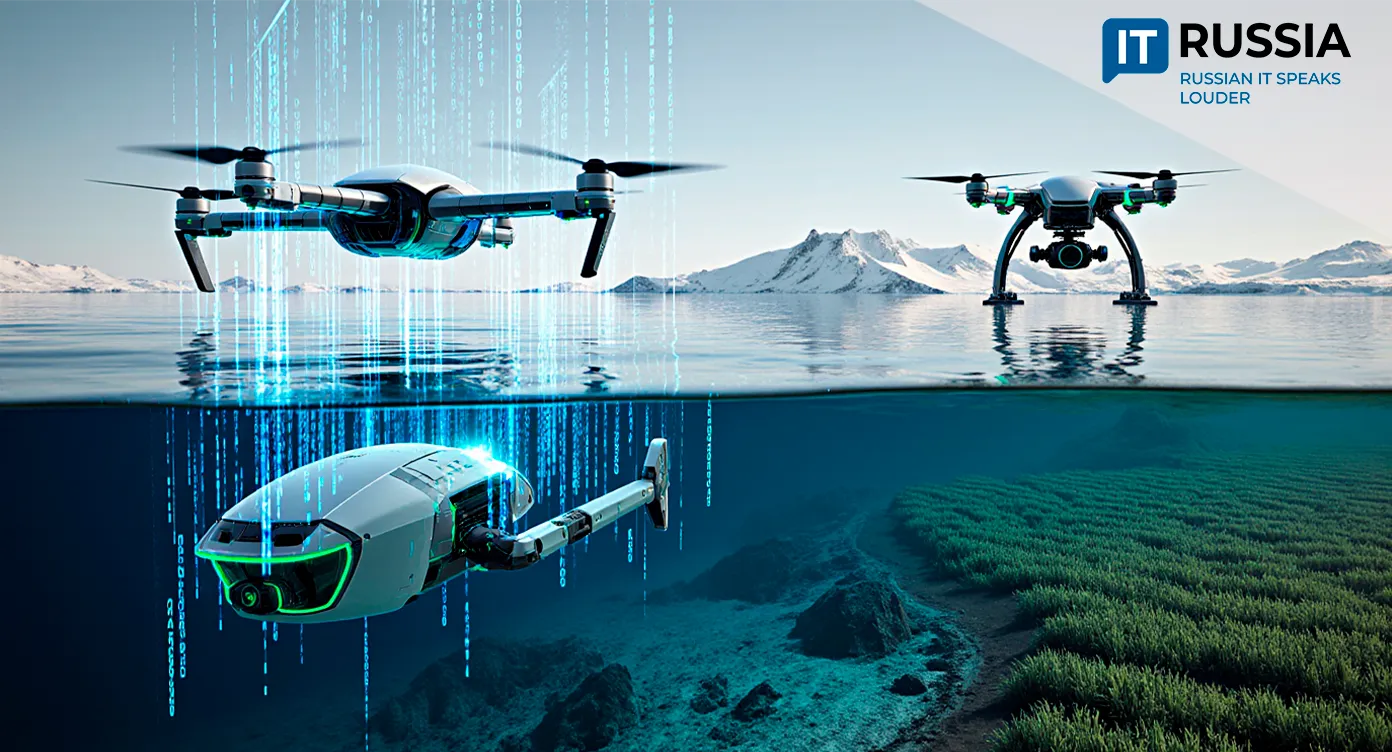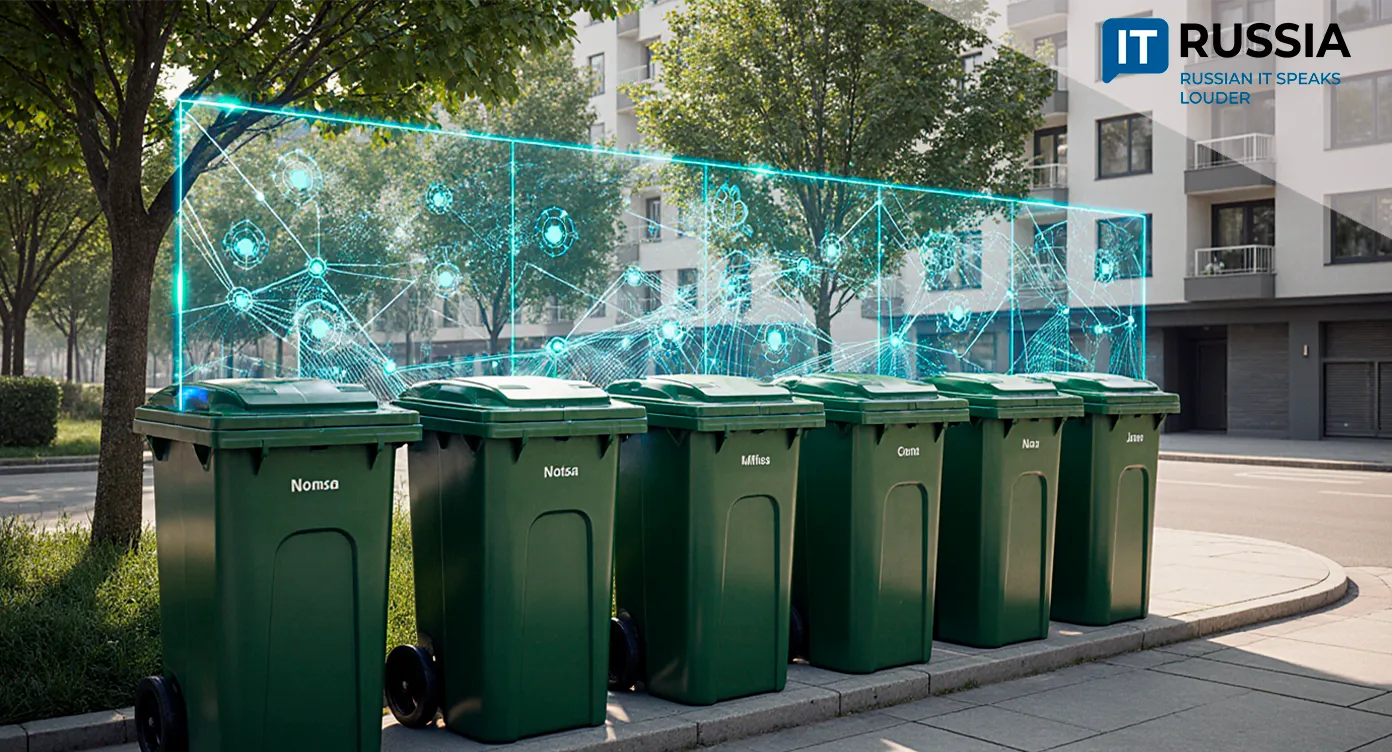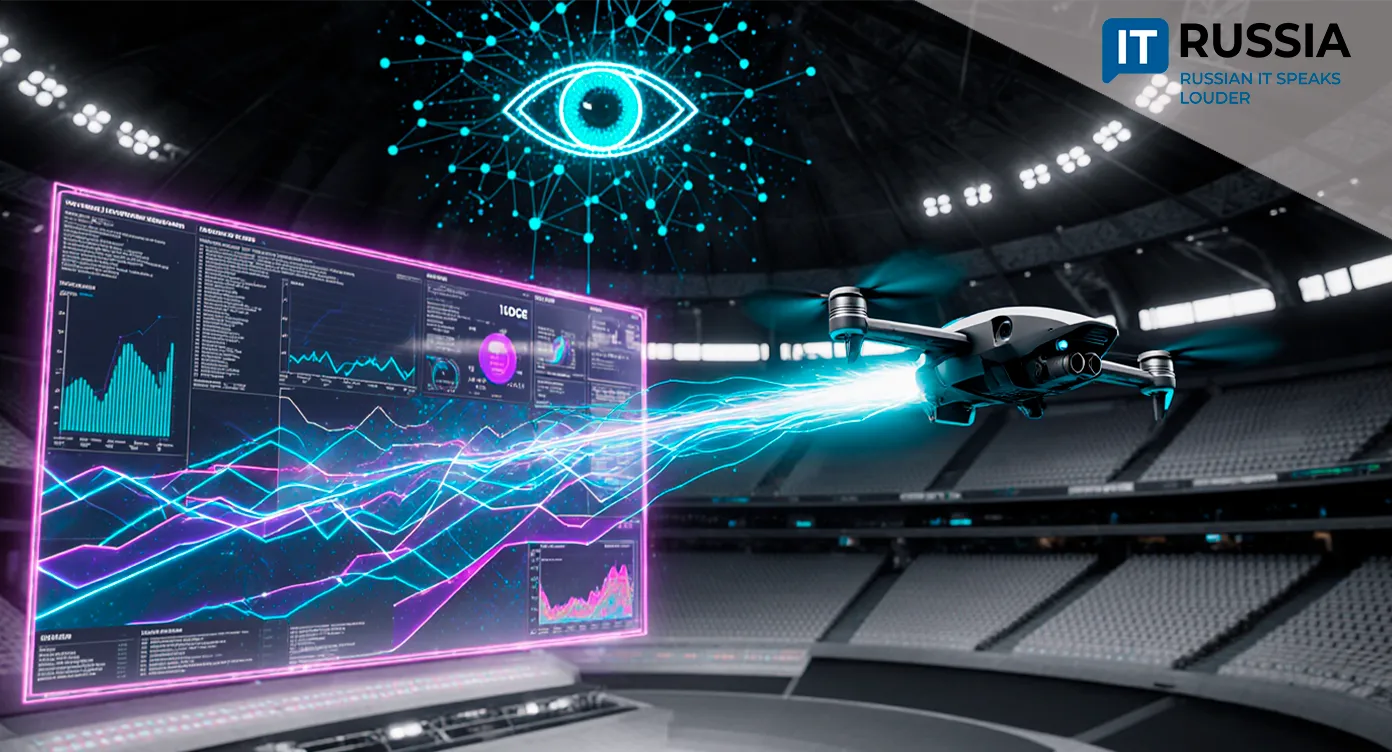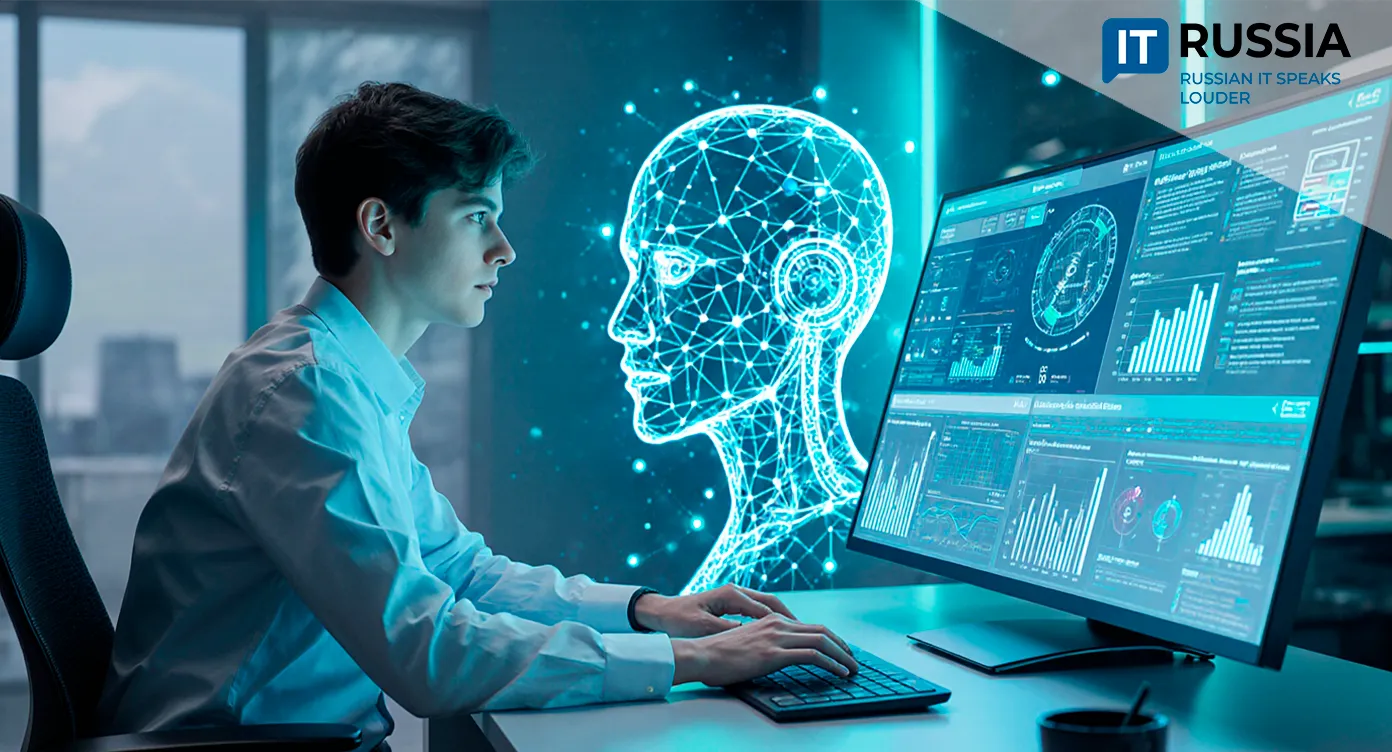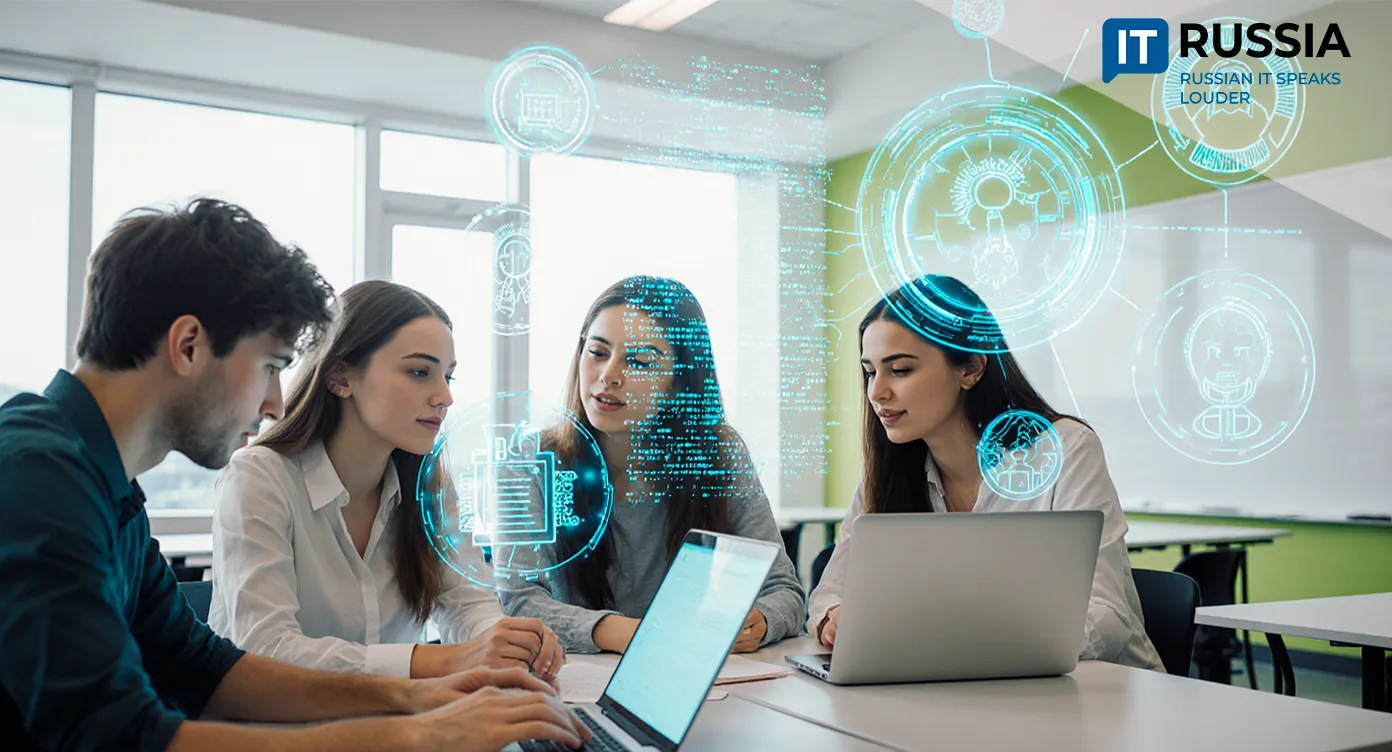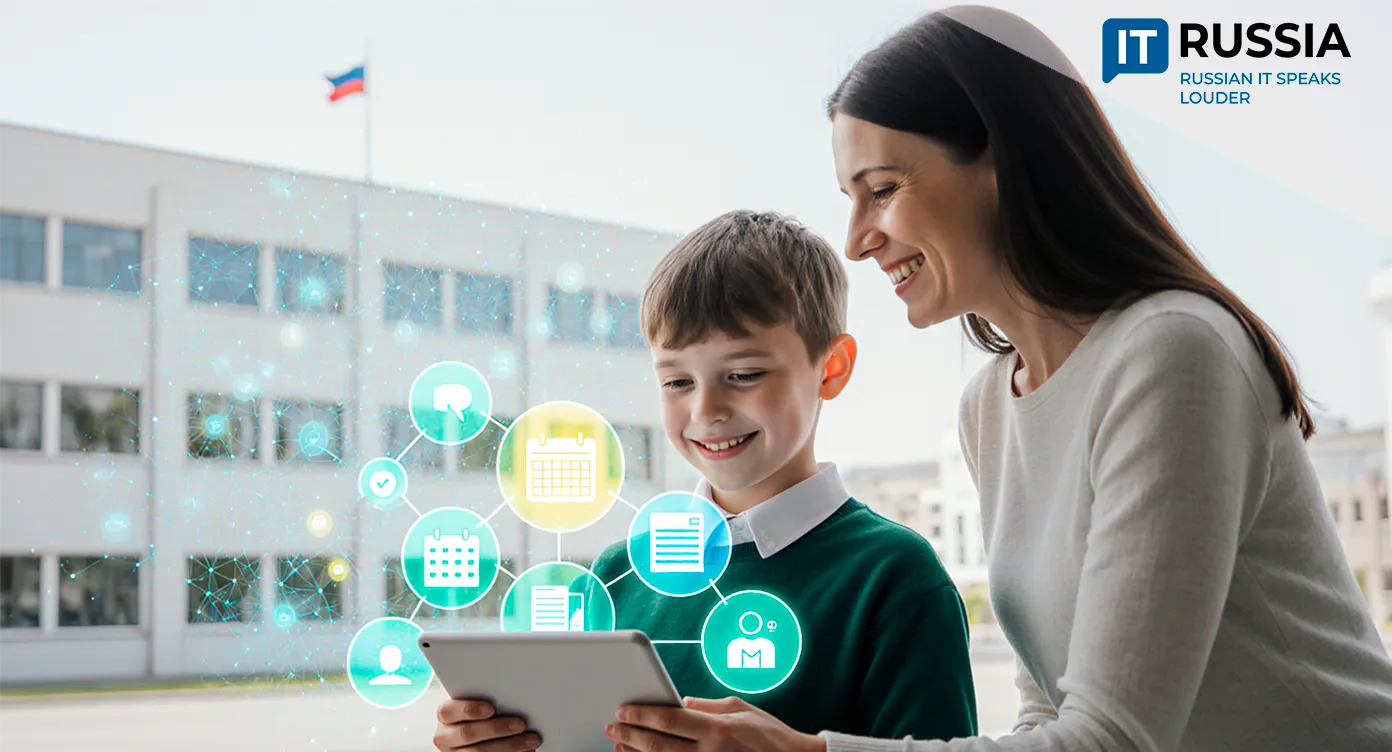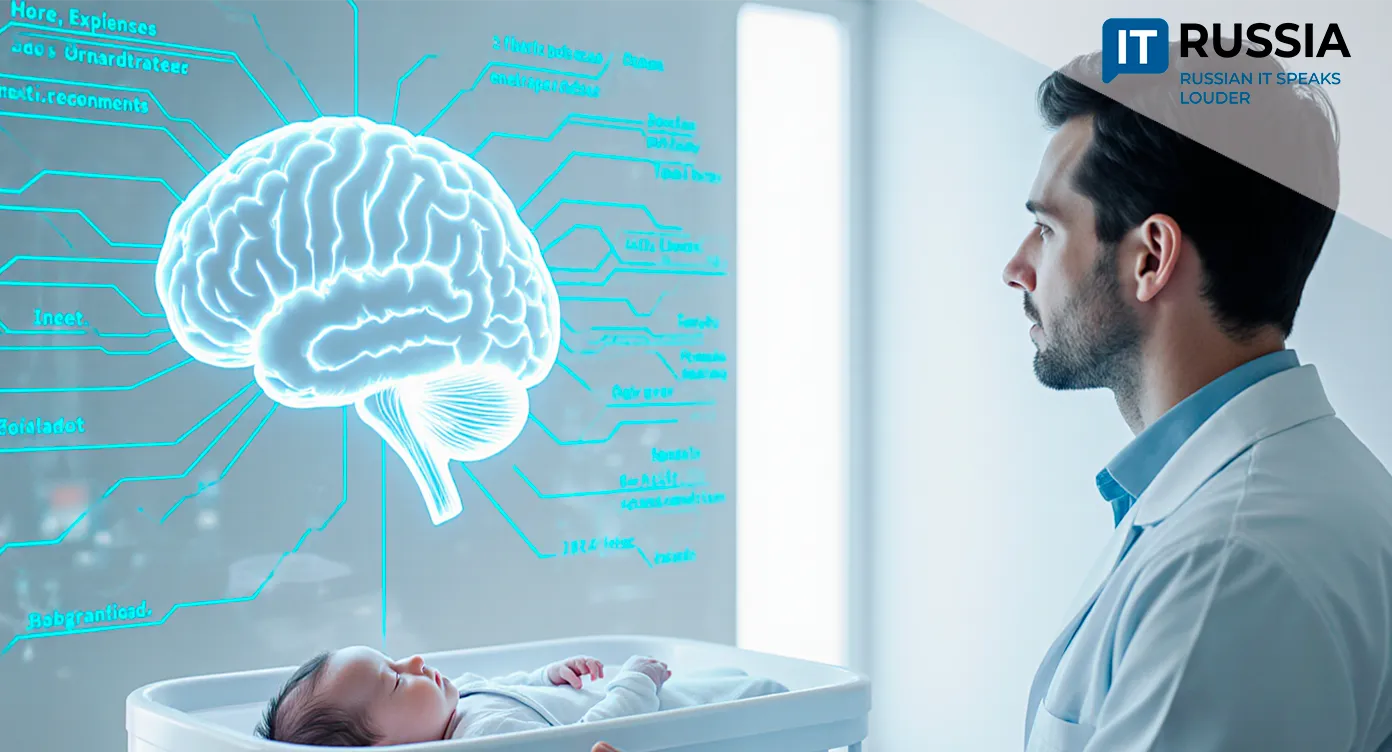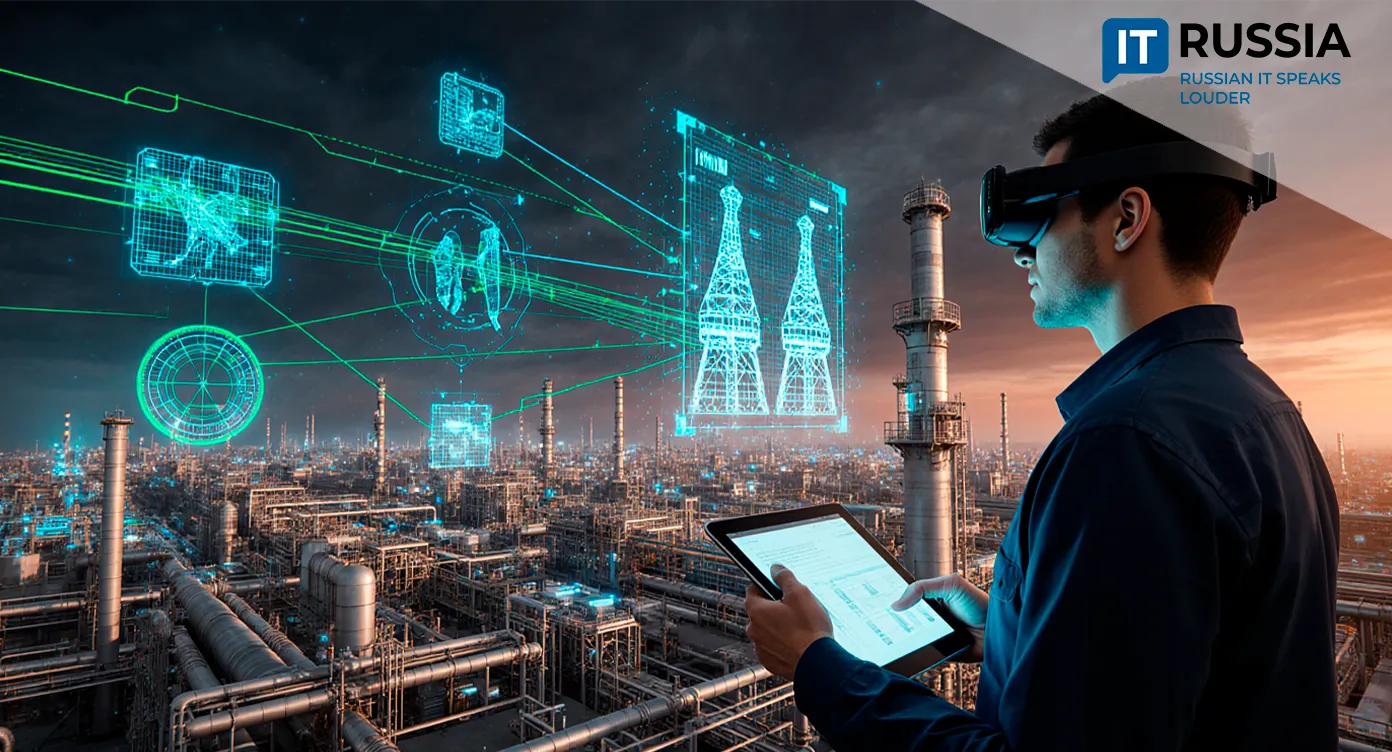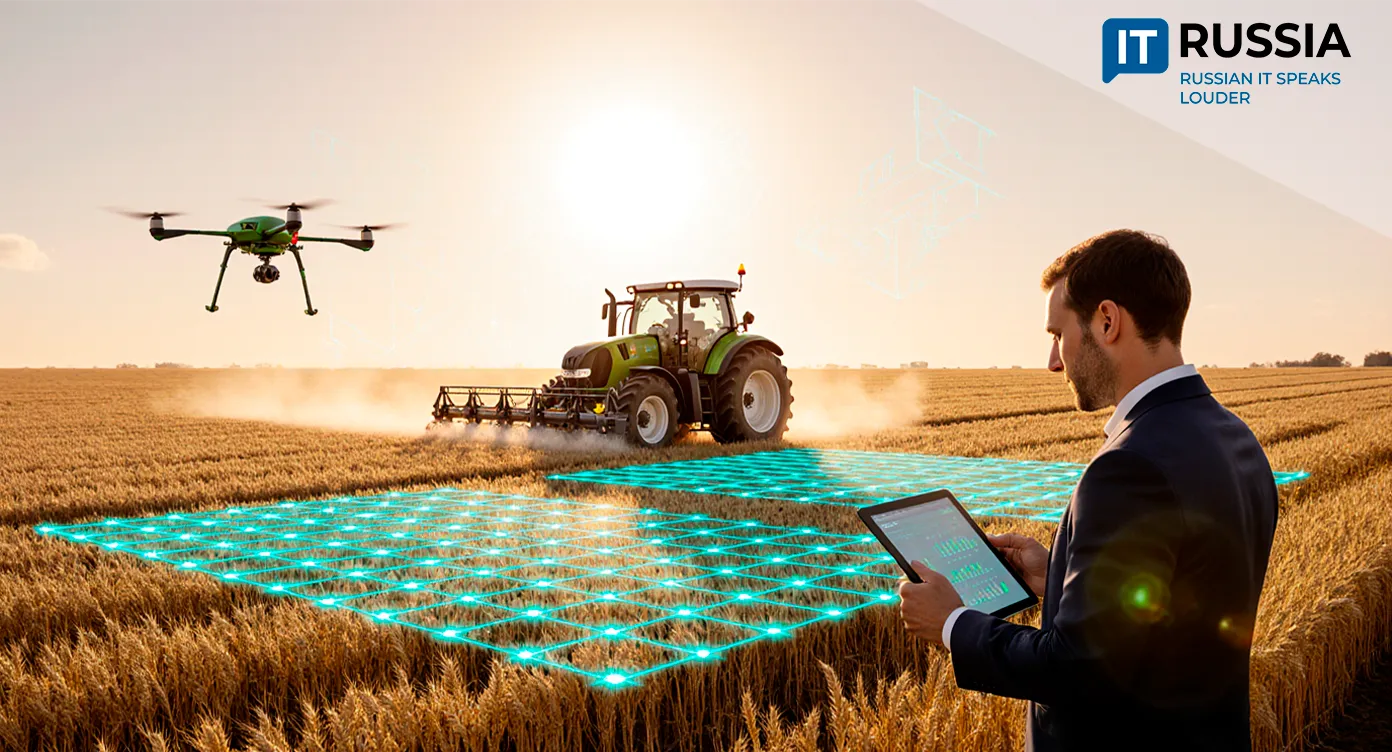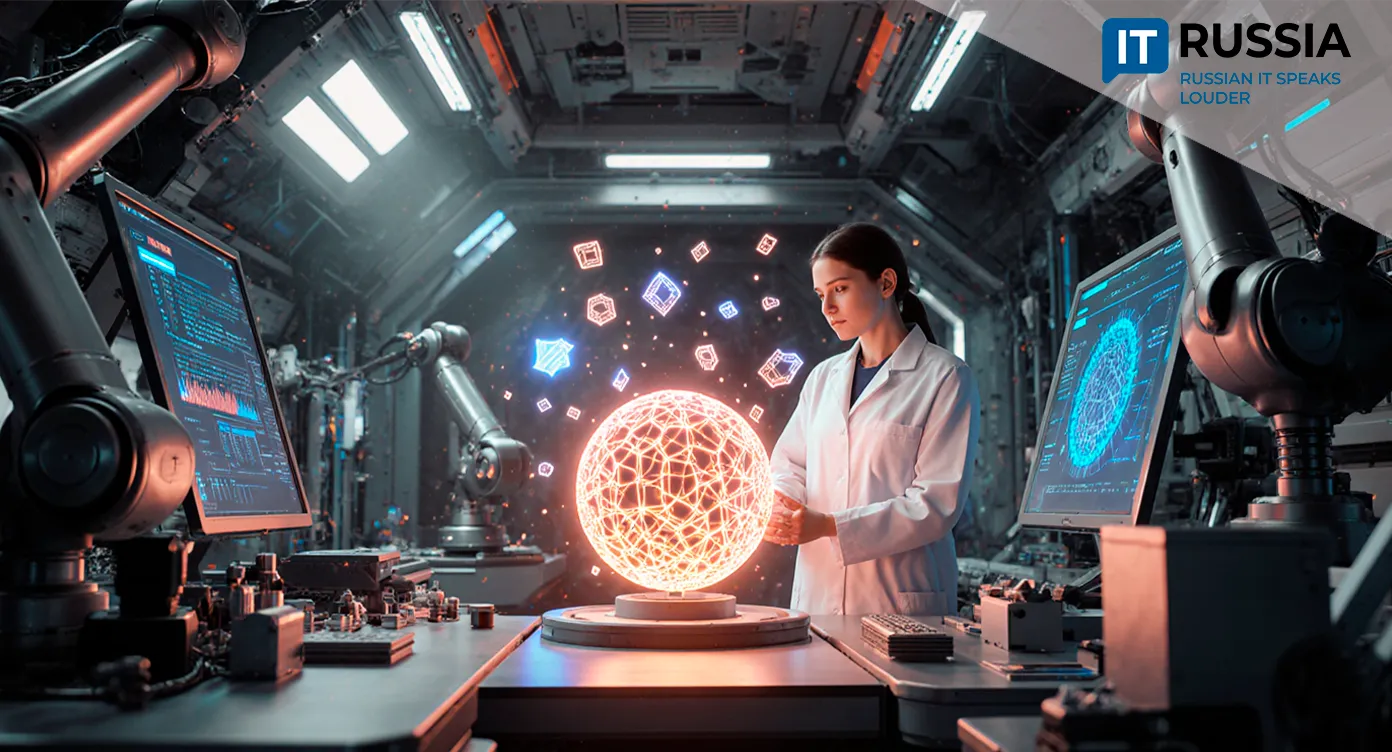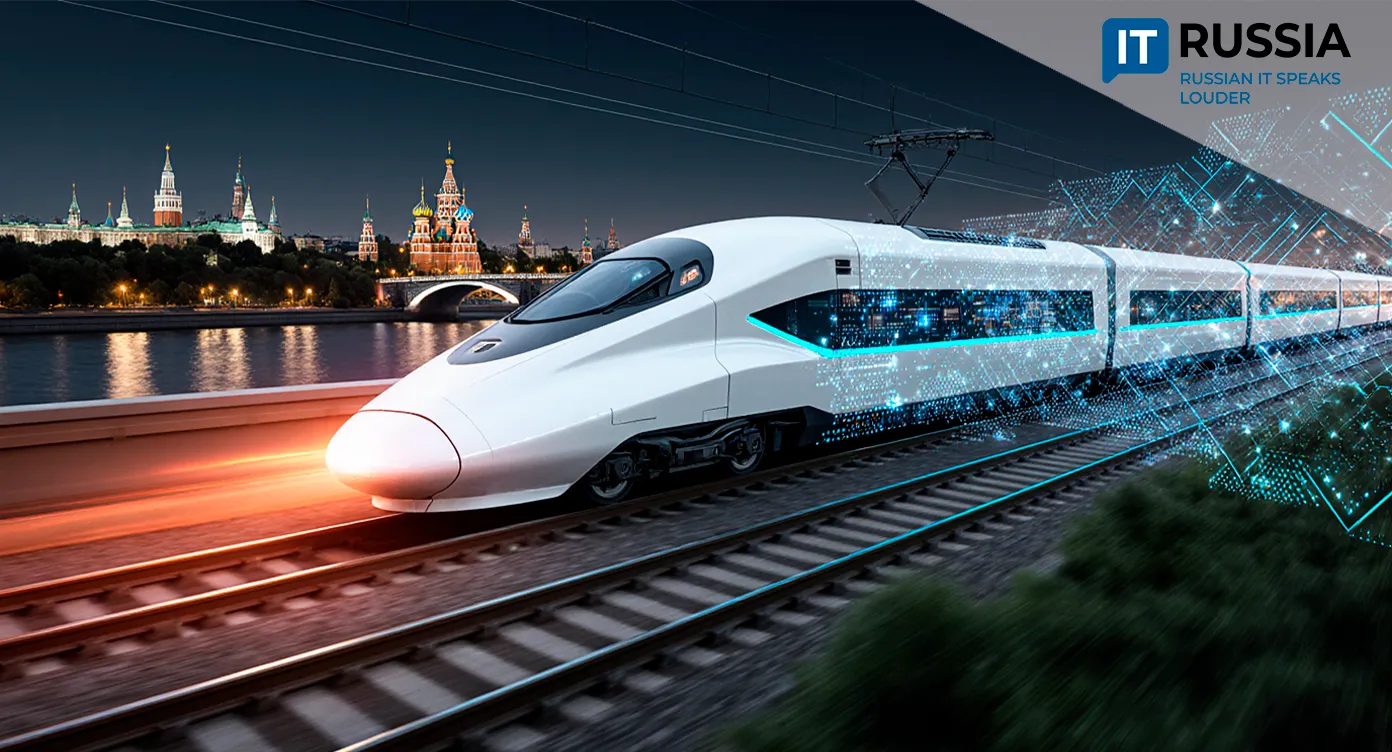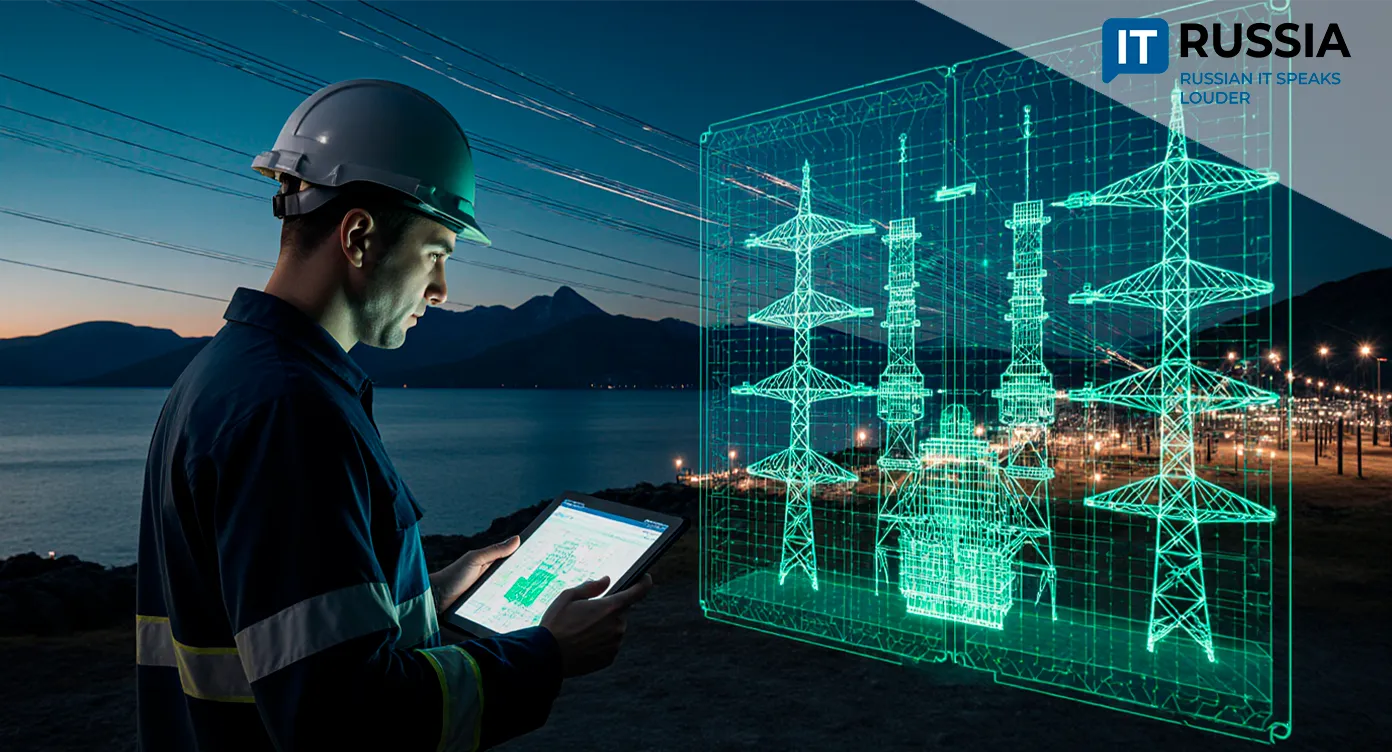Russian Manufacturers Embrace Virtual Reality
Innovative VR simulators in Russia are helping factories train employees safely in environments that closely replicate real-world industrial settings.
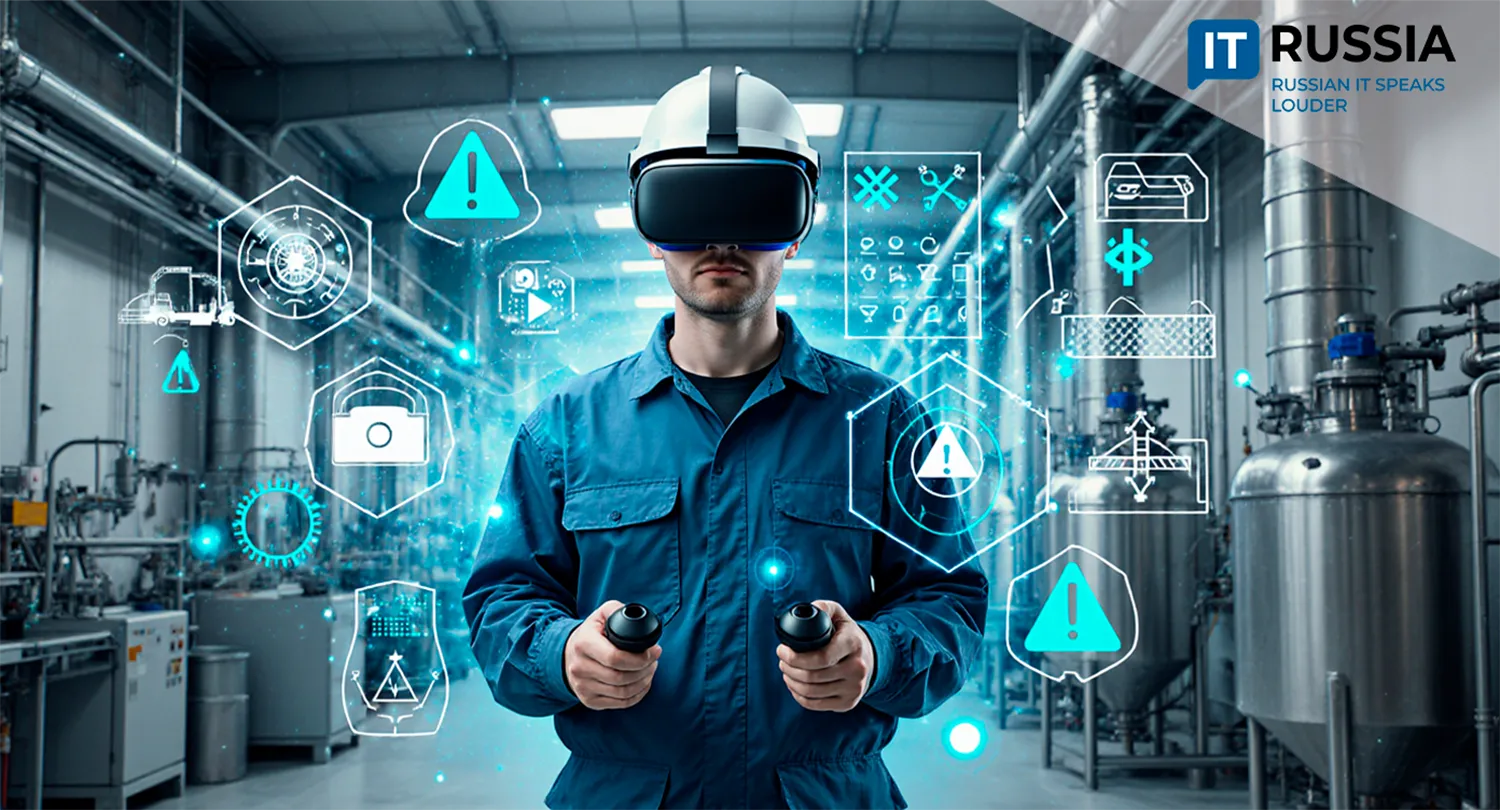
VR for Industry
At the Advanced Engineering School of Novgorod State University (NovSU), engineers have developed innovative VR simulators for training industrial staff. This solution is designed to transform training methods in industries where traditional approaches carry risks of injury, high costs, and limited ability to rehearse emergency situations. The VR simulators enable workers to practice complex operations safely, effectively, and repeatedly, including plant management and emergency response.
The simulators consist of a PC and a VR headset with controllers. Trainees are immersed in a realistic virtual environment, performing tasks according to company instructions. For example, in a gas-hazard simulation, a worker practices removing corrosion inside a closed tank. If toxic substance levels rise too high, the system issues a warning, and in case of mistakes, it demonstrates the consequences, including an accident simulation. This makes the risks of violations visually clear.
A key feature of the project is strict compliance with corporate regulations. The entire simulator logic is based on actual safety instructions provided by NovSU’s industrial partner, the chemical giant PJSC Acron.
During training, the system tracks the user’s actions, recording completed and skipped steps, and provides real-time feedback in VR. The simulator will soon be tested at industrial facilities, with additional scenarios added later.
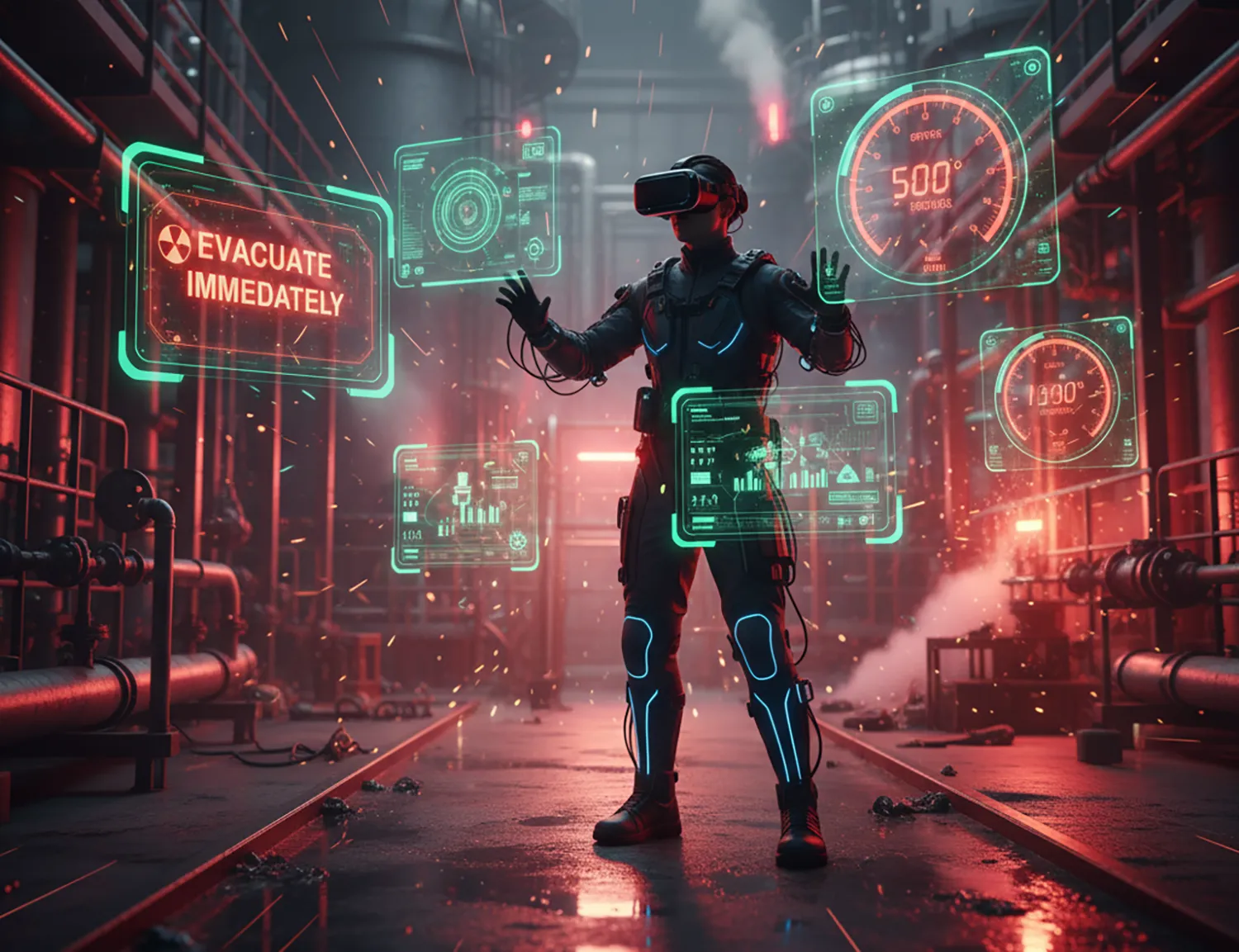
Another distinguishing element of NovSU’s solutions is the ability to model inter-shop interactions: changes in one unit affect the work of another, something impossible in simplified analogues.
This approach allows staff training in an environment as close to reality as possible—without risks to life and without disrupting production processes.
VR Simulators Boost Workforce Training Efficiency
This development has strategic significance for Russian industry as a whole. The use of VR simulators helps drastically reduce workplace accidents, establish unified training standards, and improve overall labor productivity. Since the human factor remains a major cause of industrial incidents, such tools are not just useful—they are essential.
A particularly noteworthy aspect of Novgorod engineers’ work is the built-in HR analytics system. The simulators record all operator actions in real time, generating detailed reports for each trainee. This enables identification of common mistakes, assessment of skill levels, and adaptation of training programs to specific needs, which raises overall training efficiency. This transparency allows training processes to be quantitatively evaluated. In the long run, such systems reduce employee turnover, lower the number of accidents, and improve enterprise productivity.
For the IT industry, the NovSU project serves as a strong example of using game engines—Unity, Unreal Engine, and Blender—for industrial applications. Technologies originally created for entertainment have been successfully repurposed for mission-critical sectors. This redefines the potential of game development and opens new opportunities for developers, 3D artists, and software engineers.
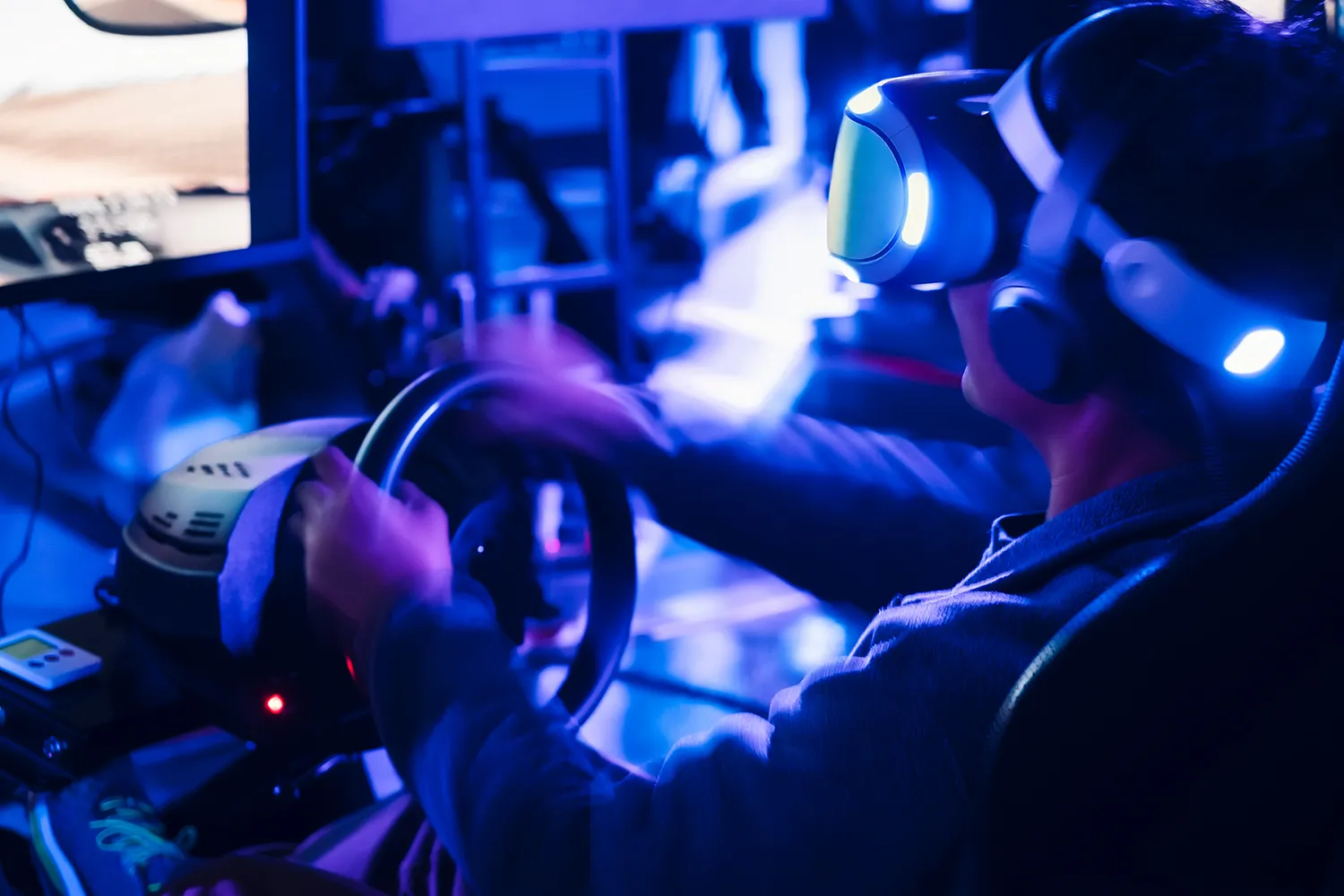
Safety and Efficiency
In recent years, interest in VR/AR training has been steadily growing across Russian industry. In September 2024, the startup Nevitech introduced a VR simulator for oil companies, tailored to corporate needs. Later that year, mining-sector solutions were developed with interactive models of quarries and underground operations.
In 2024, Pervouralsk New Pipe Plant (part of TMK Group) began using a VR simulator for staff training and assessment. Back in 2023, the Volzhsky Pipe Plant, also part of TMK, adopted a VR simulator to train defectoscopists working with automated ultrasonic testing equipment.
However, NovSU’s project stands out from other initiatives thanks to its scientific depth, technical detail, and systemic integration. It addresses critical issues of safety and cost efficiency, while at the same time creating growth opportunities for the IT sector. In the near future, such simulators could be widely adopted by mid- and large-scale businesses, forming industrial clusters for virtual training, commercializing these technologies, and exporting them abroad.
New Opportunities on the Global Market
Another important factor is reliance on Russian platforms and software, which reduces dependence on foreign products—a priority given the current geopolitical climate.
These VR simulators can be scaled to many sectors, from oil and gas to mechanical engineering, coal mining, and chemicals. They enable safe rehearsal of emergency scenarios, testing of staff reactions, and regular certification—all in a virtual environment.
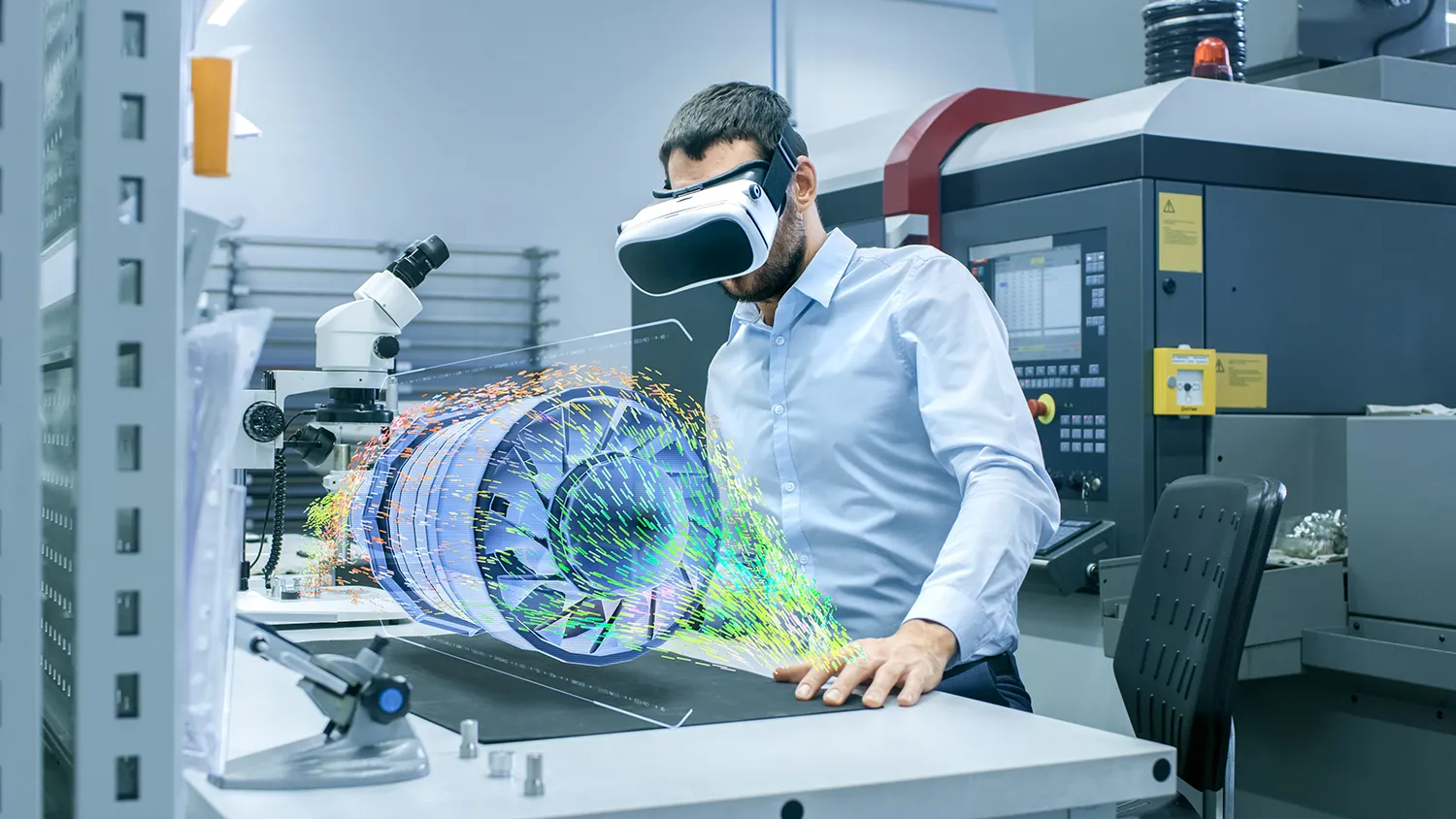
Solutions with advanced physical simulation, built-in analytics, and integration capabilities with industrial systems could attract strong interest in Asia and the CIS, especially in high-risk industries like oil and gas, chemicals, mining, and power generation. Exports of such solutions could strengthen Russia’s position in global tech markets.
The VR training sector in Russia is expected to expand further, with new scenarios, multi-platform solutions, AI integration, and eventually standardized certifications. This is not just a future technology—the future has already begun in Russia.



